Natural Solutions for Calming Nervous Gut and IBS
A "nervous gut" generally refers to a condition where emotional or psychological stress affects gastrointestinal functioning, leading to a variety of symptoms such as discomfort, bloating, diarrhea, or constipation. This term is often used interchangeably with "irritable bowel syndrome" (IBS), which is a common disorder that affects the large intestine and can be triggered or worsened by stress, although they are not exactly the same. (1)
Blog Contents
A myriad of research studies have delved deeply into the intricate interconnections between a nervous gut and IBS, spotlighting the sophisticated interactions within the gut-brain axis (1,2). This axis serves as a complex, bidirectional communication pathway that intertwines the enteric and central nervous systems. It employs a myriad of pathways, including endocrine, humoral, metabolic, and immunological, to mediate the conversations between these vital systems (1). The Enteric Nervous System (ENS) is pivotal in this nexus, hosting an extensive network of over 100 million nerve cells that mantle the gastrointestinal tract, and playing a crucial role in the nuanced dialogues within this axis. Notably, individuals with neuropsychiatric and neurodevelopmental disorders have been observed to exhibit a higher prevalence of gastrointestinal manifestations and conditions such as IBS. (3)
Clinical explorations have aimed to unearth the mechanisms that spur the development of IBS and elucidate the significant role played by the gut-brain connection (4, 5). Some research strands have emphasized the impact of dietary restrictions, bile acid malabsorption, and the influential role of fecal microbiota in IBS (6). Others have scrutinized the interrelation between the colonic microbiome, genetic and neurological aspects, and the emergence of IBS symptoms, especially after acute gastrointestinal infections (4). Further studies reveal that the modulation of gut bacteria could ameliorate anxiety symptoms, accentuating the profound linkage between the gut and mental well-being (7). Overall, the prevailing scientific discourse denotes a substantial and intricate linkage between the nervous gut and IBS, emphasizing the crucial role of the gut-brain axis in the manifestation and management of IBS symptoms. (1,2, 8)
In this comprehensive guide, we will explore various natural solutions for calming nervous gut and IBS. From dietary modifications to herbal remedies and the role of specific nutrients, we will delve into the potential benefits of these approaches in soothing the gut and promoting overall digestive health.
Understanding Nervous Gut and IBS
Definition and Characteristics
-
Nervous Gut is a colloquial term to describe a condition where emotional or psychological stress impacts gastrointestinal functioning, potentially resulting in symptoms like discomfort, bloating, diarrhea, or constipation. It broadly encapsulates the intricate interplay between emotional well-being and digestive health, mediated by the gut-brain axis (9-14)
- Irritable Bowel Syndrome (IBS), on the other hand, is a medically recognized, chronic digestive disorder. It’s characterized by recurrent abdominal pain, bloating, and alterations in bowel habits, including diarrhea and constipation. IBS is regarded as a functional gastrointestinal disorder, implying that it occurs due to abnormal functioning of the digestive system with no evident structural abnormalities (15-19)
Symptoms of IBS
The symptoms of IBS can vary from person to person, but common symptoms include:
- Abdominal pain or cramping
- Bloating and excessive gas
- Changes in bowel habits (constipation, diarrhea, or both)
- Urgency to have a bowel movement
- Feeling of incomplete bowel movement
It's important to note that the severity and frequency of symptoms can also vary. Some people may experience mild symptoms that come and go, while others may have more severe and persistent symptoms. (15-19)
Diagnosis of IBS
There is no specific test to diagnose IBS. Instead, the diagnosis is based on the presence of characteristic symptoms and the exclusion of other conditions. To diagnose IBS, a healthcare provider will typically perform a thorough medical history, physical examination, and may order additional tests such as blood work or imaging studies to rule out other potential causes of symptoms. (16,17)
Treatment Options for IBS
The treatment of IBS focuses on managing symptoms and improving quality of life. Treatment options may include:
-
Dietary Changes: Making changes to your diet can help alleviate IBS symptoms. This may involve avoiding trigger foods, increasing fibre intake, and staying hydrated (18)
-
Stress Management: Stress and anxiety can worsen IBS symptoms, so finding effective stress management techniques such as exercise, meditation, or therapy can be beneficial (14, 16, 18)
-
Medications: Depending on the type and severity of symptoms, medications may be prescribed to manage specific symptoms such as pain, diarrhea, or constipation. These may include antispasmodics, laxatives, or anti-diarrheal medications (18)
-
Probiotics: Probiotics are beneficial bacteria that can help restore the balance of gut bacteria and improve digestion. They may be taken as supplements or found in certain foods such as yogurt (3, 7, 9, 18)
- Alternative Therapies: Some people find relief from IBS symptoms through alternative therapies such as acupuncture, herbal remedies, or mind-body therapies like yoga or hypnotherapy (19-25)
It's important to work with a healthcare provider to develop a personalized treatment plan that addresses your specific symptoms and needs.
Naturopathic Approaches to Healing IBS
Naturopathic medicine focuses on holistic, proactive prevention, and comprehensive diagnosis and treatment using natural therapies. When dealing with a nervous gut and Irritable Bowel Syndrome (IBS), it employs a multi-faceted approach.
Identifying Triggers
Physical Triggers:
- Diet: Certain foods can act as triggers. For example, dairy products, certain carbohydrates, and alcohol
- Infections: Bacterial or viral infections can trigger IBS symptoms
- Hormonal Changes: Some people experience worse symptoms during their menstrual periods
Mental/Emotional Triggers:
- Stress: Increased stress levels are associated with aggravated symptoms
- Anxiety and Depression: These can significantly impact gut health, leading to IBS symptoms
Food Sensitivity Testing:
- Benefits:
- Identifies specific food intolerances or sensitivities
- Can lead to personalized dietary modifications that may alleviate symptoms
- Downsides:
- It can be expensive
- May produce false positives/negatives, leading to unnecessary dietary restrictions
Alternatives:
- Tracking: By keeping a food and symptom diary, individuals can identify foods that might be triggering symptoms:
- Frequency and consistency of bowel movements
- Presence of mucus or blood in the stool
- Abdominal pain or discomfort.
- Bloating and gas
- Food intake and its correlation with symptoms
-
Probiotic Tests and Introduction:
- Probiotic Tests: Analyze the diversity and population of gut microbiota
- Importance of Slow Introduction: To avoid side effects like bloating and gas, and to allow the gut to acclimate to the new bacteria
General Dietary guidelines for everyone with IBS
1. Identification of Trigger Foods:
- Objective: Recognizing and avoiding specific foods that induce symptoms is crucial
- Method: Keeping a food diary can aid in identifying patterns between food intake and symptom occurrence
- Impact: Avoiding trigger foods can substantially diminish the frequency and severity of flare-ups
2. Inclusion of High-Fiber Foods:
- Objective: Consuming high-fiber foods can promote regular bowel movements and alleviate constipation
- Sources: Fruits, vegetables, legumes (for those who tolerate them), and whole grains are excellent sources of dietary fibre
- Impact: A high-fiber diet can optimize digestive health by maintaining bowel integrity and functionality
3. Incorporation of Probiotics and Prebiotics:
- Objective: Re-establishing gut microbial balance is fundamental in managing nervous gut symptoms
- Sources: Probiotics are found in fermented foods like yogurt and kefir, while prebiotics are present in foods like garlic, onions, and bananas
- Impact: A balanced gut microbiome can bolster digestive health, reducing symptoms like bloating and abdominal discomfort
4. Maintaining Adequate Hydration:
- Objective: Sufficient fluid intake is essential for preventing constipation and maintaining overall digestive health
- Method: Regular intake of water, herbal teas, and other hydrating beverages is recommended
- Impact: Adequate hydration supports the digestive process and contributes to regular bowel movements
5. Balanced and Diverse Nutrition:
- Objective: Embracing a diverse and balanced diet is key to nurturing gut health
- Method: Including a variety of food groups ensures the intake of essential nutrients, vitamins, and minerals
- Impact: A balanced diet fosters a healthy gastrointestinal environment and strengthens the body’s resilience against stress and other triggers
6. Stress Management through Diet:
- Objective: Consuming foods that have stress-relieving properties can be beneficial
- Sources: Foods rich in antioxidants, omega-3 fatty acids, and vitamins like dark chocolate, berries, fatty fish, and nuts can help in managing stress levels
- Impact: Lower stress levels can indirectly contribute to reduced nervous gut symptoms by minimizing the impact of psychological stress on the gut
7. Avoidance of Overeating:
- Objective: Eating moderate portions can prevent overloading the digestive system
- Method: Eating smaller, more frequent meals and practicing mindful eating can help in avoiding overeating
- Impact: It reduces the risk of indigestion, bloating, and abdominal discomfort associated with overconsumption of food
Therapeutic diets can be beneficial in managing IBS symptoms. Below are several diets often recommended:
Low FODMAP Diet
Overview: FODMAPs are fermentable carbohydrates that can be poorly absorbed in the small intestine, potentially leading to IBS symptoms. The Low FODMAP Diet restricts high FODMAP foods
Components:
- Elimination Phase: All high FODMAP foods are avoided for 4-8 weeks
- Reintroduction Phase: Foods are systematically reintroduced to identify triggers
Benefits: Can significantly reduce IBS symptoms like bloating, gas, and abdominal pain
Challenges:
- It can be restrictive and difficult to follow without guidance
- Long-term adherence is not recommended due to the risk of impacting gut microbiota diversity (25-28)
GAPS Diet
Overview: The Gut and Psychology Syndrome (GAPS) diet focuses on removing foods that are difficult to digest and damaging to gut flora and replacing them with nutrient-dense foods
Components:
- Introduction Phase: Primarily consists of homemade meat or fish stock, gradually adding in new foods
- Full GAPS Diet: Incorporates more variety, focusing on nutrient-dense foods like vegetables, meat, and natural fats
Benefits: Aims to improve gut health and reduce inflammation
Challenges: Highly restrictive and can be challenging to adhere to (29-31)
Gluten-Free Diet
Overview: This diet eliminates all foods containing gluten
Benefits: Beneficial for those with gluten sensitivity or celiac disease and may alleviate IBS symptoms in some individuals
Challenges: Risk of nutritional deficiencies if not properly balanced (32-34)
Considerations
- Personalization: It's crucial to tailor the diet to individual needs, preferences, and identified triggers
- Supervision: Therapeutic diets should be followed under the guidance of a healthcare provider or a dietitian to avoid nutritional deficiencies
- Duration: Some diets are intended for short-term use, followed by a planned reintroduction phase to identify triggers
Using these therapeutic diets judiciously and systematically can help manage and alleviate IBS symptoms by addressing individual food triggers, improving gut health, and reducing inflammation.
Herbal Remedies for Nervous Gut
Herbal remedies have been used for centuries to promote digestive health and alleviate symptoms of various gut disorders. Several herbs have shown potential in calming nervous gut and reducing symptoms of IBS. Let's explore some of these herbal remedies and their potential benefits.
Cardamom for IBS
Cardamom, a spice native to India, Sri Lanka, Nepal, and Bhutan, is often used as a natural remedy for various health conditions, including Irritable Bowel Syndrome (IBS) and nervous gut. Below are several ways in which cardamom can be beneficial:
Antispasmodic Properties: Cardamom can help in relieving spasms in the digestive tract, which can alleviate symptoms like cramping and abdominal pain associated with IBS
Carminative Effect: It acts as a carminative, which means it can help in relieving gas and bloating, common symptoms of IBS
Anti-inflammatory and Antioxidant Properties: The anti-inflammatory and antioxidant properties of cardamom can help reduce inflammation in the gut and mitigate oxidative stress, contributing to improved gut health
Antimicrobial Activity: It has antimicrobial properties, which can help in balancing the gut microbiota by inhibiting the growth of pathogenic bacteria and promoting the growth of beneficial bacteria
Stress Reduction: Cardamom may have adaptogenic properties, which means it can help the body adapt to stress and normalize body processes, beneficial for those with a nervous gut, where stress can be a significant contributing factor
Digestive Stimulant: It can also act as a digestive stimulant, helping in the secretion of enzymes necessary for digestion, and potentially aiding in the relief of indigestion and constipation
Usage: Cardamom can be used in various forms such as a spice in cooking, as an essential oil (external use), or as a tea. It’s crucial to start with small amounts to monitor for any adverse reactions or exacerbation of symptoms.
Caution: While cardamom can be beneficial for managing IBS symptoms and improving gut health, it should not be considered a standalone treatment for IBS or nervous gut. People with gallstones should avoid cardamom as it can trigger gallstone colic by increasing bile flow (35)
Harnessing the Power of Saffron
Saffron, derived from the flower of Crocus sativus, is a valuable spice with a history of use in traditional medicine for various health conditions, including IBS.
Antispasmodic Properties: Saffron can have antispasmodic effects, which might help reduce spasms and alleviate abdominal pain and discomfort in IBS
Anti-inflammatory Properties: The spice has anti-inflammatory effects which can help in reducing inflammation in the gut, potentially benefiting those with IBS, particularly IBS with predominant diarrhea (IBS-D)
Antidepressant Effects: Saffron has been studied for its potential antidepressant properties. Given the connection between mood disorders like depression and IBS, saffron might be helpful in managing IBS symptoms by addressing underlying mood imbalances
Gastroprotective Effects: It may offer protection to the stomach and intestinal lining, potentially reducing the risk of gastritis and ulcers, which can be beneficial for overall gut health
Antioxidant Properties: Saffron’s antioxidant properties can combat oxidative stress in the digestive system, which might help in maintaining the integrity of the gut lining and supporting gut health
Usage: Saffron can be incorporated into the diet by adding it to dishes or by consuming it as a tea. Saffron supplements are also available, but it's crucial to choose high-quality products from reputable sources
Precautions:
- High doses of saffron can be toxic; therefore, it's essential to adhere to recommended dosages
- Pregnant women should avoid saffron in amounts greater than what is normally found in food, as high amounts can lead to uterine contractions
- As with any supplement, individuals should consult with a healthcare provider or a qualified healthcare professional before adding saffron to their regimen, especially if they are on medication or have pre-existing health conditions, to avoid potential interactions or side effects (36-38)
Probiotics: Balancing the Gut-Brain Connection
Probiotics are beneficial bacteria that can help restore the balance of gut microbiota, which plays a crucial role in digestive health. These live microorganisms can be found in certain foods or taken as supplements.
Research suggests that probiotics can have a positive impact on nervous gut symptoms by modulating the gut-brain axis. The gut-brain axis is a bidirectional communication system between the gut and the brain, and imbalances in gut bacteria can affect this communication.
By introducing beneficial bacteria into the gut, probiotics can help restore balance and alleviate symptoms of nervous gut. They can also support the production of neurotransmitters, such as serotonin, which plays a role in regulating mood and gut function.
Facts About IBS
- Imbalances in gut microbiota and the gut-brain axis play a crucial role in the development and perpetuation of IBS symptoms
- Probiotics, such as Lactobacillus and Bifidobacterium, can help restore the balance of gut microbiota and alleviate IBS symptoms by modulating the gut-brain axis
- Some probiotic strains, such as Lactobacillus plantarum, have been shown to improve IBS symptoms, including pain and flatulence
- Probiotics can also support the production of neurotransmitters, such as serotonin, which plays a role in regulating mood and gut function
- Prebiotics, which are substrates that selectively promote the growth of beneficial gut bacteria, may also be useful in IBS management (49-52)
The Vagus Nerve: A Key Player in Nervous Gut
The vagus nerve is fundamental in orchestrating the intricate dialogue within the gut-brain axis, a role pivotal to conditions such as Irritable Bowel Syndrome (IBS). Serving as the linchpin of the parasympathetic nervous system, the vagus nerve is esteemed as the paramount conduit bridging the Central Nervous System (CNS) and the Enteric Nervous System (ENS). Disruptions in the equilibrium of gut microbiota and irregularities within the gut-brain axis, specifically implicating the vagus nerve, are discerned as substantial contributors to the onset and persistence of IBS symptoms.
The therapeutic technique of Vagus Nerve Stimulation (VNS) is being probed as a prospective remedy for patients with IBS, attributed to its multifarious benefits encompassing anti-inflammatory, antinociceptive (pain-alleviating), and anti-depressive effects. By recalibrating the equilibrium within the gut microbiota and regulating the intricate interplays within the gut-brain axis, VNS emerges as a promising strategy to mitigate the multifaceted symptoms of IBS. A pilot study investigating the efficacy of transcutaneous auricular vagus nerve stimulation (taVNS) has manifested preliminary success, indicating its substantial potential in ameliorating the symptoms associated with IBS. (53-55)
Conclusion
Managing nervous gut and IBS requires a holistic approach that addresses the underlying causes and supports overall digestive health. While conventional treatments may provide relief for some, natural solutions can offer additional support in calming the gut and reducing symptoms.
From adopting a low-FODMAP diet and incorporating soluble fiber into your meals to exploring the potential benefits of herbal remedies and superfoods, there are various ways to promote digestive well-being. Additionally, incorporating probiotics into your routine and practicing techniques that stimulate the vagus nerve can further support the gut-brain connection and alleviate symptoms of nervous gut.
It is essential to remember that everyone's experience with nervous gut is unique, and what works for one person may not work for another. It is advisable to consult with a healthcare professional before making any significant changes to your diet or lifestyle. By taking a proactive approach and exploring natural solutions, you can find relief and support the health of your nervous gut.
Article References
- Raskov, H., Burcharth, J., Pommergaard, C., & Rosenberg, J. (2016). Irritable bowel syndrome, the microbiota and the gut-brain axis. Gut Microbes, 7(5), 365-383. https://doi.org/10.1080/19490976.2016.1218585
- Cenit, M. C., Sanz, Y., & Codoñer-Franch, P. (2017). Influence of gut microbiota on neuropsychiatric disorders. World Journal of Gastroenterology, 23(30), 5486-5498. https://doi.org/10.3748/wjg.v23.i30.5486
- Söderquist, F., Syk, M., Just, D., Kurbalija Novicic, Z., Rasmusson, A. J., Hellström, P. M., ... & Cunningham, J. L. (2020). A cross-sectional study of gastrointestinal symptoms, depressive symptoms and trait anxiety in young adults. BMC psychiatry, 20, 1-10.
- Menees, S., & Chey, W. (2018). The gut microbiome and irritable bowel syndrome. F1000Research, 7. https://doi.org/10.12688/f1000research.14592.1
- Jacobs, J. P., Gupta, A., Bhatt, R. R., Brawer, J., Gao, K., Tillisch, K., ... & Mayer, E. A. (2021). Cognitive behavioral therapy for irritable bowel syndrome induces bidirectional alterations in the brain-gut-microbiome axis associated with gastrointestinal symptom improvement. Microbiome, 9(1), 1-14.
- Randulff Hillestad, E. M., Nagaraja, B. H., Bjørsvik, B. R., Haleem, N., Benitez-Paez, A., Sanz, Y., Hausken, T., Lied, G. A., Lundervold, A., & Berentsen, B. (2022). Gut bless you: The microbiota-gut-brain axis in irritable bowel syndrome. World Journal of Gastroenterology, 28(4), 412-431. https://doi.org/10.3748/wjg.v28.i4.412
- T. Dicks, L. M., Hurn, D., & Hermanus, D. (2021). Gut Bacteria and Neuropsychiatric Disorders. Microorganisms, 9(12). https://doi.org/10.3390/microorganisms9122583
- Chen, Y., Lian, B., Li, P., Yao, S., & Hou, Z. (2022). Studies on irritable bowel syndrome associated with anxiety or depression in the last 20 years: A bibliometric analysis. Frontiers in Public Health, 10. https://doi.org/10.3389/fpubh.2022.947097
- Mayer, E. A. (2011). Gut feelings: The emerging biology of gut-brain communication. Nature Reviews Neuroscience, 12(8), 453-466.
- Furness, J. B. (2012). The enteric nervous system and neurogastroenterology. Nature Reviews Gastroenterology & Hepatology, 9(5), 286-294.
- Lacy, B. E., Mearin, F., Chang, L., Chey, W. D., Lembo, A. J., Simren, M., & Spiller, R. (2016). Bowel disorders. Gastroenterology, 150(6), 1393-1407.
- Konturek, P. C., Brzozowski, T., & Konturek, S. J. (2011). Stress and the gut: Pathophysiology, clinical consequences, diagnostic approach and treatment options. Journal of Physiology and Pharmacology, 62(6), 591-599.
- Furness, J. B., Callaghan, B. P., Rivera, L. R., & Cho, H. J. (2014). The enteric nervous system and gastrointestinal innervation: Integrated local and central control. Advances in Experimental Medicine and Biology, 817, 39-71.
- Longstreth, G. F., Thompson, W. G., Chey, W. D., Houghton, L. A., Mearin, F., & Spiller, R. C. (2006). Functional bowel disorders. Gastroenterology, 130(5), 1480-1491.
- Lacy, B. E., Mearin, F., Chang, L., Chey, W. D., Lembo, A. J., Simren, M., & Spiller, R. (2016). Bowel disorders. Gastroenterology, 150(6), 1393-1407.
- Drossman, D. A. (2016). Functional gastrointestinal disorders: History, pathophysiology, clinical features, and Rome IV. Gastroenterology, 150(6), 1262-1279.
- World Gastroenterology Organization. (2009). Irritable bowel syndrome: A global perspective. Retrieved from https://www.worldgastroenterology.org/guidelines/global-guidelines/irritable-bowel-syndrome-ibs/irritable-bowel-syndrome-ibs-english
- Cleveland Clinic. (2020). Irritable Bowel Syndrome: IBS, Symptoms, Causes, Treatment. Retrieved from https://my.clevelandclinic.org/health/diseases/4342-irritable-bowel-syndrome-ibs
- Mayo Clinic. (2023). Irritable bowel syndrome - Symptoms and causes. Retrieved from https://www.mayoclinic.org/diseases-conditions/irritable-bowel-syndrome/symptoms-causes/syc-20360016
- Lacy, B. E., Mearin, F., Chang, L., Chey, W. D., Lembo, A. J., Simren, M., & Spiller, R. (2016). Bowel disorders. Gastroenterology, 150(6), 1393-1407.
- Mayer, E. A. (2011). Gut feelings: The emerging biology of gut-brain communication. Nature Reviews Neuroscience, 12(8), 453-466.
- Chao, G. Q., & Zhang, S. (2014). Effectiveness of acupuncture to treat irritable bowel syndrome: A meta-analysis. World Journal of Gastroenterology, 20(7), 1871-1877.
- Schumann, D., Anheyer, D., Lauche, R., Dobos, G., Langhorst, J., & Cramer, H. (2016). Effect of yoga in the therapy of irritable bowel syndrome: A systematic review. Clinical Gastroenterology and Hepatology, 14(12), 1720-1731.
- Ford, A. C., Quigley, E. M., Lacy, B. E., Lembo, A. J., Saito, Y. A., Schiller, L. R., ... & Moayyedi, P. (2014). Effect of antidepressants and psychological therapies, including hypnotherapy, in irritable bowel syndrome: Systematic review and meta-analysis. The American Journal of Gastroenterology, 109(9), 1350-1365.
- Miller, V., Carruthers, H. R., Morris, J., Hasan, S. S., Archbold, S., & Whorwell, P. J. (2015). Hypnotherapy for irritable bowel syndrome: An audit of one thousand adult patients. Alimentary Pharmacology & Therapeutics, 41(9), 844-855.
- Halmos, E. P., Power, V. A., Shepherd, S. J., Gibson, P. R., & Muir, J. G. (2014). A diet low in FODMAPs reduces symptoms of irritable bowel syndrome. Gastroenterology, 146(1), 67-75.
- Staudacher, H. M., Lomer, M. C., Anderson, J. L., Barrett, J. S., Muir, J. G., Irving, P. M., & Whelan, K. (2012). Fermentable carbohydrate restriction reduces luminal bifidobacteria and gastrointestinal symptoms in patients with irritable bowel syndrome. Journal of Nutrition, 142(8), 1510-1518.
- O'Keeffe, M., Jansen, C., Martin, L., Williams, M., Seamark, L., Staudacher, H. M., Irving, P. M., Whelan, K., & Lomer, M. C. (2018). Long-term impact of the low-FODMAP diet on gastrointestinal symptoms, dietary intake, patient acceptability, and healthcare utilization in irritable bowel syndrome. Neurogastroenterology & Motility, 30(1), e13154.
- Campbell-McBride, N. (2010). Gut and Psychology Syndrome: Natural Treatment for Autism, Dyspraxia, A.D.D., Dyslexia, A.D.H.D., Depression, Schizophrenia. Medinform Publishing.
- Parsley Health. (2017). GAPS and FODMAP diets for curing IBS, SIBO and digestive problems. Retrieved from https://www.parsleyhealth.com/blog/gaps-fodmap-diets-curing-ibs-sibo-digestive-problems/
- Battle Born Health. (2023). GAPS Diet for Gut Health and to Relieve IBS. Retrieved from https://battlebornhealth.com/the-body-blog/nutrition-and-diet/gaps-diet-for-gut-health-and-to-relieve-ibs/
- Biesiekierski, J. R., Newnham, E. D., Irving, P. M., Barrett, J. S., Haines, M., Doecke, J. D., Shepherd, S. J., Muir, J. G., & Gibson, P. R. (2011). Gluten causes gastrointestinal symptoms in subjects without celiac disease: A double-blind randomized placebo-controlled trial. The American Journal of Gastroenterology, 106(3), 508-514.
- 8. Vazquez-Roque, M. I., Camilleri, M., Smyrk, T., Murray, J. A., Marietta, E., O'Neill, J., Carlson, P., Lamsam, J., Janzow, D., Eckert, D., Burton, D., & Zinsmeister, A. R. (2013). A controlled trial of gluten-free diet in patients with irritable bowel syndrome-diarrhea: Effects on bowel frequency and intestinal function. Gastroenterology, 144(5), 903-911.
- 9. Aziz, I., Trott, N., Briggs, R., North, J. R., Hadjivassiliou, M., & Sanders, D. S. (2016). Efficacy of a gluten-free diet in subjects with irritable bowel syndrome-diarrhea unaware of their HLA-DQ2/8 genotype. Clinical Gastroenterology and Hepatology, 14(5), 696-703.
- Bhowmik, D., Kumar, K. P. S., Paswan, S., & Srivastava, S. (2012). Cardamom: A Wonder Spice with Numerous Health Benefits. International Journal of Pharmaceutical Sciences and Research, 3(4), 1005-1011. Retrieved from https://www.ncbi.nlm.nih.gov/pmc/articles/PMC5557534/
- Mosaffa-Jahromi, M., Lankarani, K. B., Pasalar, M., Afsharypuor, S., & Tamaddon, A. M. (2019). Efficacy and safety of enteric-coated capsules of anise oil to treat irritable bowel syndrome. Journal of Ethnopharmacology, 238, 111882.
- Kiani, F., Bagheri, N., & Azadbakht, M. (2018). Therapeutic effects of saffron (Crocus sativus) versus fluoxetine on Irritable Bowel Syndrome: A double-blind randomized clinical trial. Journal of Complementary and Integrative Medicine, 15(4).
- Hosseinzadeh, H., & Nassiri-Asl, M. (2013). Avicenna's (Ibn Sina) the Canon of Medicine and saffron (Crocus sativus): A review. Phytotherapy Research, 27(4), 475-483.
- Sheng, X., Yan, J., Meng, Y., Kang, Y., Han, Z., Tai, G., ... & Wang, S. (2017). Extracts from Hericium erinaceus relieve inflammatory bowel disease by regulating immunity and gut microbiota. Oncotarget, 8(49), 85838-85857.
- Li, G., Yu, K., Li, F., Xu, K., Li, J., He, S., ... & Yin, F. (2023). Hericium erinaceus, a medicinal fungus with a centuries-old history: Evidence in gastrointestinal diseases. World Journal of Gastroenterology, 29(18), 2779-2790.
- Park, H. J., Lee, Y. J., Ryu, H. K., Kim, M. H., Chung, H. W., & Kim, W. Y. (2018). A randomized double-blind, placebo-controlled study to establish the effects of Spirulina in elderly Koreans. Annals of Nutrition and Metabolism, 52(4), 322-328.
- Kulshreshtha, A., Zacharia, A. J., Jarouliya, U., Bhadauriya, P., Prasad, G. B., & Bisen, P. S. (2008). Spirulina in health care management. Current Pharmaceutical Biotechnology, 9(5), 400-405.
- Neyrinck, A. M., Taminiau, B., Walgrave, H., Daube, G., Cani, P. D., Bindels, L. B., & Delzenne, N. M. (2017). Spirulina protects against hepatic inflammation in aging: An effect related to the modulation of the gut microbiota? Nutrients, 9(6), 633.
- Ben-Arye, E., Goldin, E., Wengrower, D., Stamper, A., Kohn, R., & Berry, E. (2002). Wheat grass juice in the treatment of active distal ulcerative colitis: a randomized double-blind placebo-controlled trial. Scandinavian Journal of Gastroenterology, 37(4), 444-449.
- Kaur, N., Chugh, V., & Gupta, A. K. (2014). Essential fatty acids as functional components of foods- a review. Journal of Food Science and Technology, 51(10), 2289-2303.
- Zhang, X., Zhu, Y., Song, F., Yao, Y., Ya, F., Li, D., ... & Yang, Y. (2022). Evaluation of Antioxidant Capacity and Gut Microbiota Modulatory Effects of Different Kinds of Berries. Nutrients, 14(5), 9137550.
- Leonard, J. (2023). 7 foods that can help you poop and relieve constipation. Medical News Today. Retrieved from https://www.medicalnewstoday.com/articles/322382[2]
- Harvard T.H. Chan School of Public Health. (2021). Eat these fruits for their anti-inflammatory benefits. Harvard Health. Retrieved from https://www.health.harvard.edu/nutrition/eat-these-fruits-for-their-anti-inflammatory-benefits[3]
- Kennedy, P. J., Cryan, J. F., Dinan, T. G., & Clarke, G. (2014). Irritable bowel syndrome: A microbiome-gut-brain axis disorder? World Journal of Gastroenterology, 20(39), 14105-14125.
- Didari, T., Mozaffari, S., Nikfar, S., & Abdollahi, M. (2015). Effectiveness of probiotics in irritable bowel syndrome: Updated systematic review with meta-analysis. World Journal of Gastroenterology, 21(10), 3072-3084.
- Ford, A. C., Quigley, E. M., Lacy, B. E., Lembo, A. J., Saito, Y. A., Schiller, L. R., ... & Moayyedi, P. (2014). Efficacy of prebiotics, probiotics, and synbiotics in irritable bowel syndrome and chronic idiopathic constipation: Systematic review and meta-analysis. The American Journal of Gastroenterology, 109(10), 1547-1561.
- Wilson, B., Rossi, M., Kanno, T., Parkes, G., Anderson, S., Mason, A. J., ... & Whelan, K. (2019). Prebiotics in irritable bowel syndrome and other functional bowel disorders in adults: A systematic review and meta-analysis of randomized controlled trials. The American Journal of Clinical Nutrition, 109(4), 1098-1111.
- Kennedy, P. J., Cryan, J. F., Dinan, T. G., & Clarke, G. (2014). Irritable bowel syndrome: A microbiome-gut-brain axis disorder? World Journal of Gastroenterology, 20(39), 14105-14125.
- Didari, T., Mozaffari, S., Nikfar, S., & Abdollahi, M. (2015). Effectiveness of probiotics in irritable bowel syndrome: Updated systematic review with meta-analysis. World Journal of Gastroenterology, 21(10), 3072-3084.
- Bonaz, B., Sinniger, V., & Pellissier, S. (2020). Transcutaneous auricular vagus nerve stimulation for the treatment of irritable bowel syndrome: a pilot, open-label study. Bioelectronics in Medicine, 6(1), 15-24.








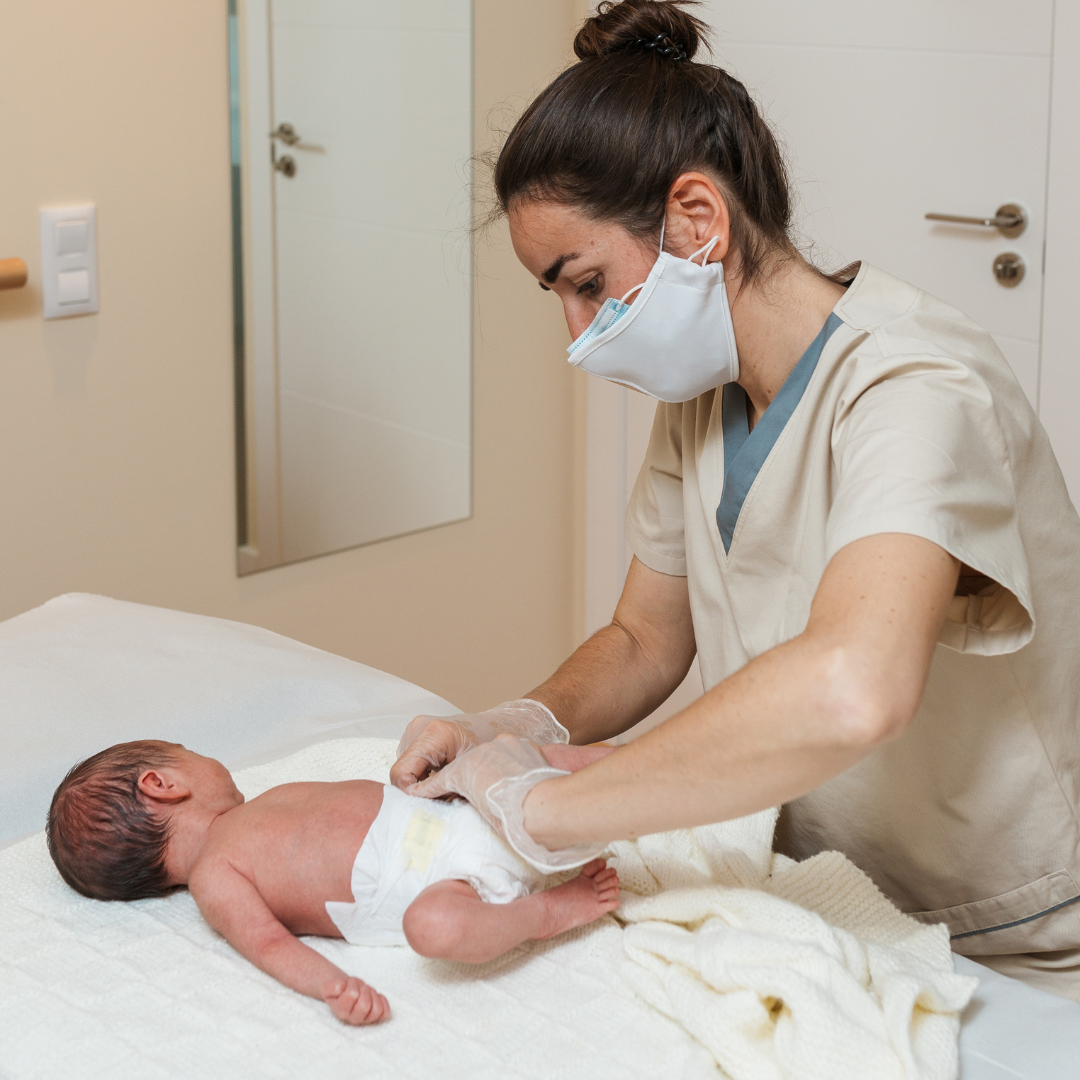
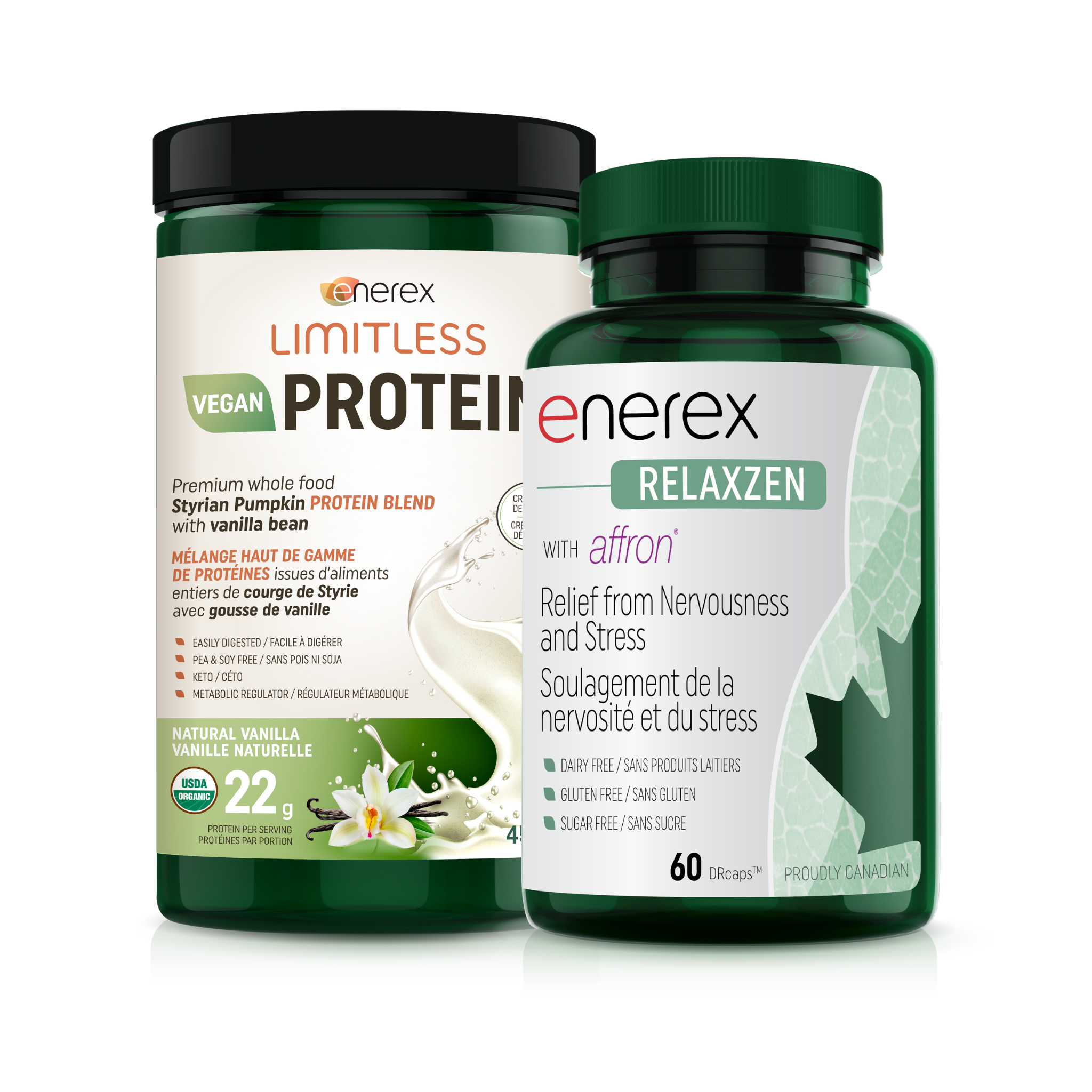
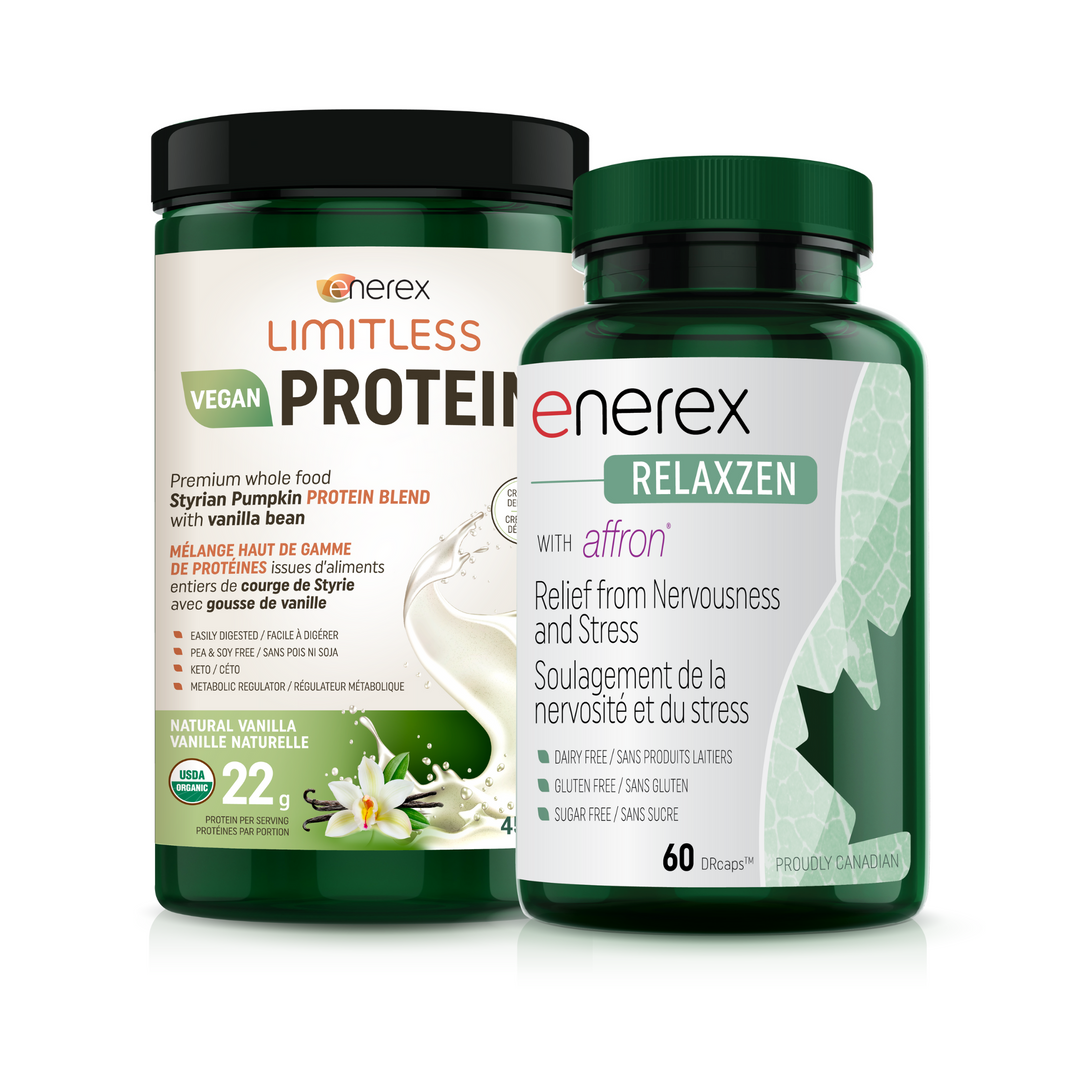


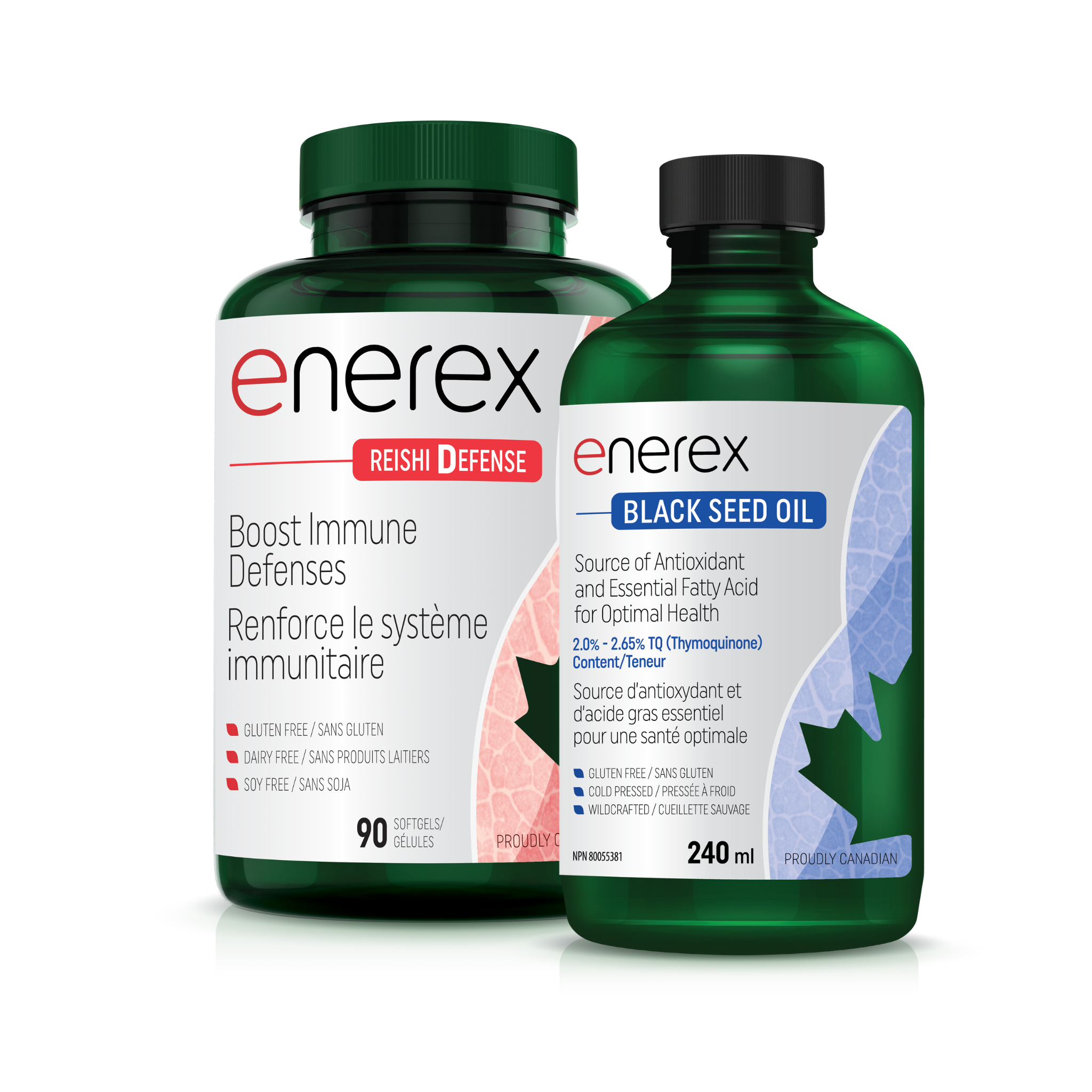
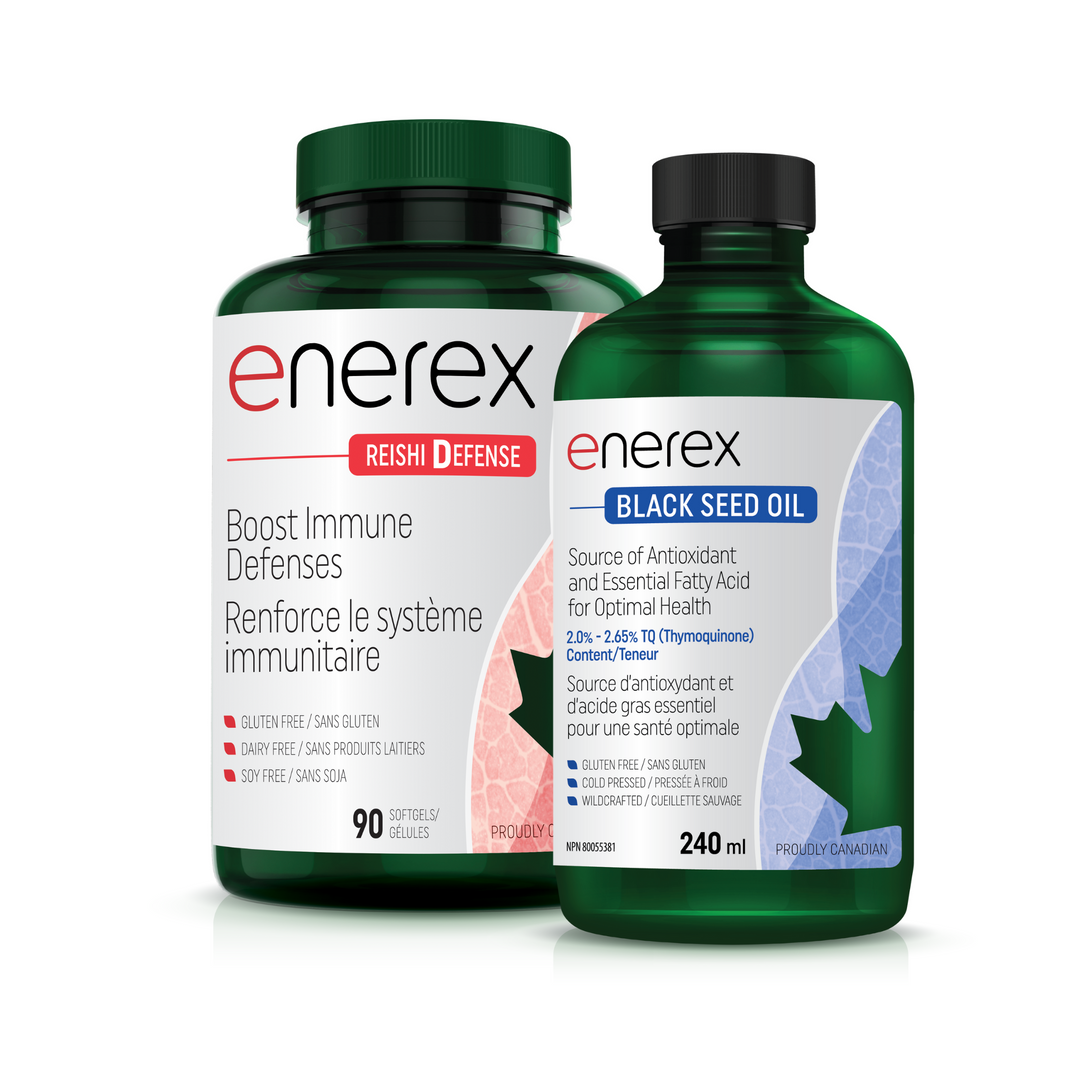


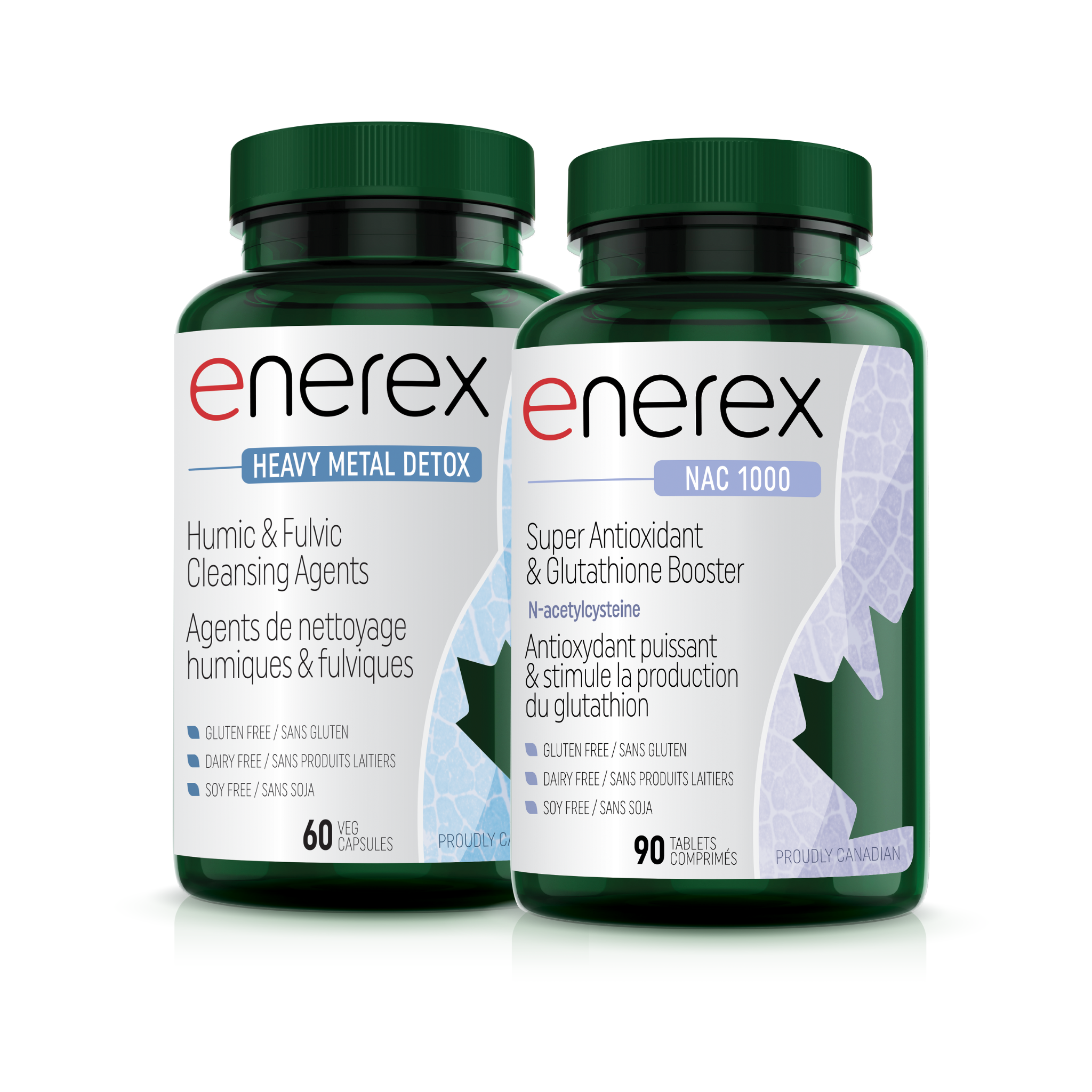
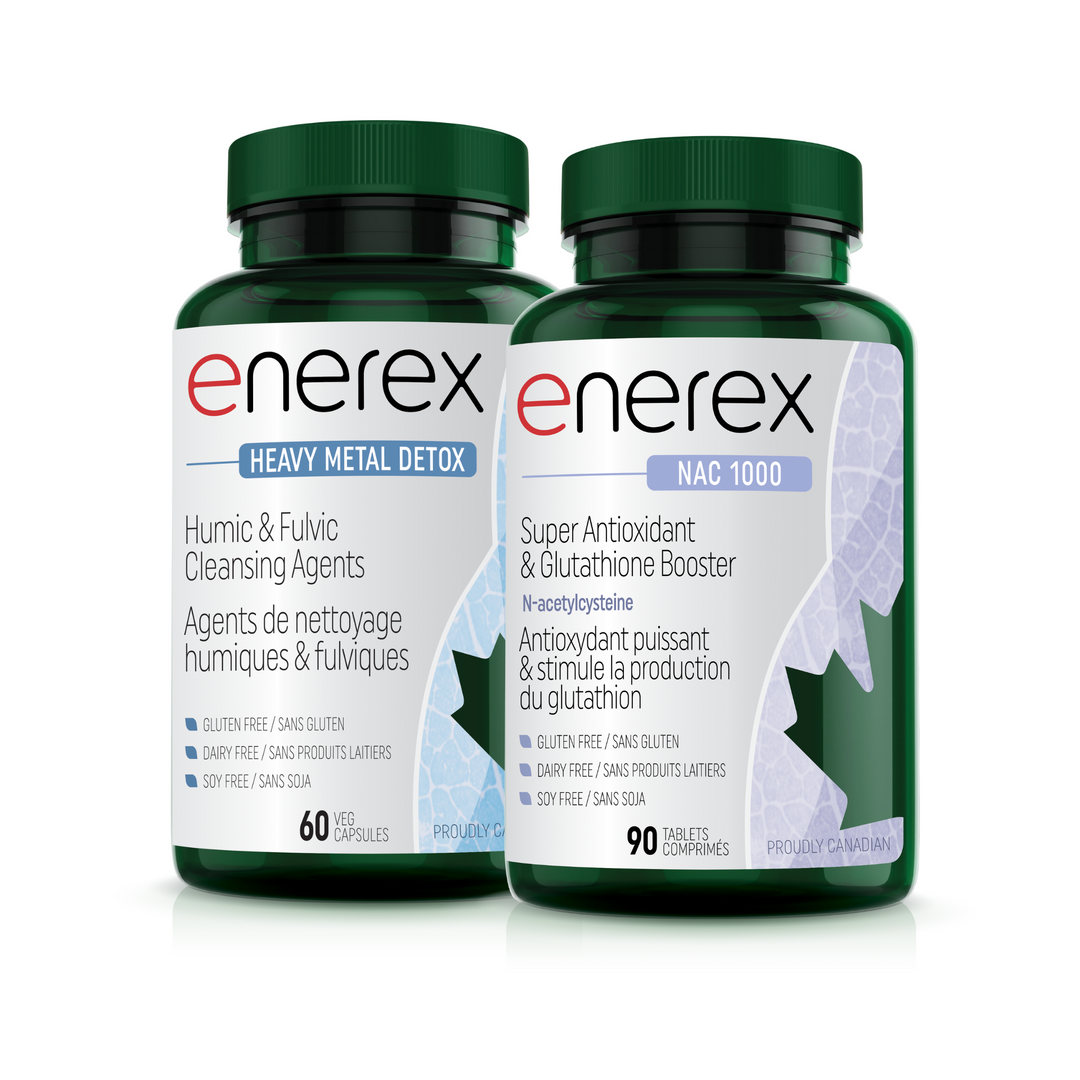
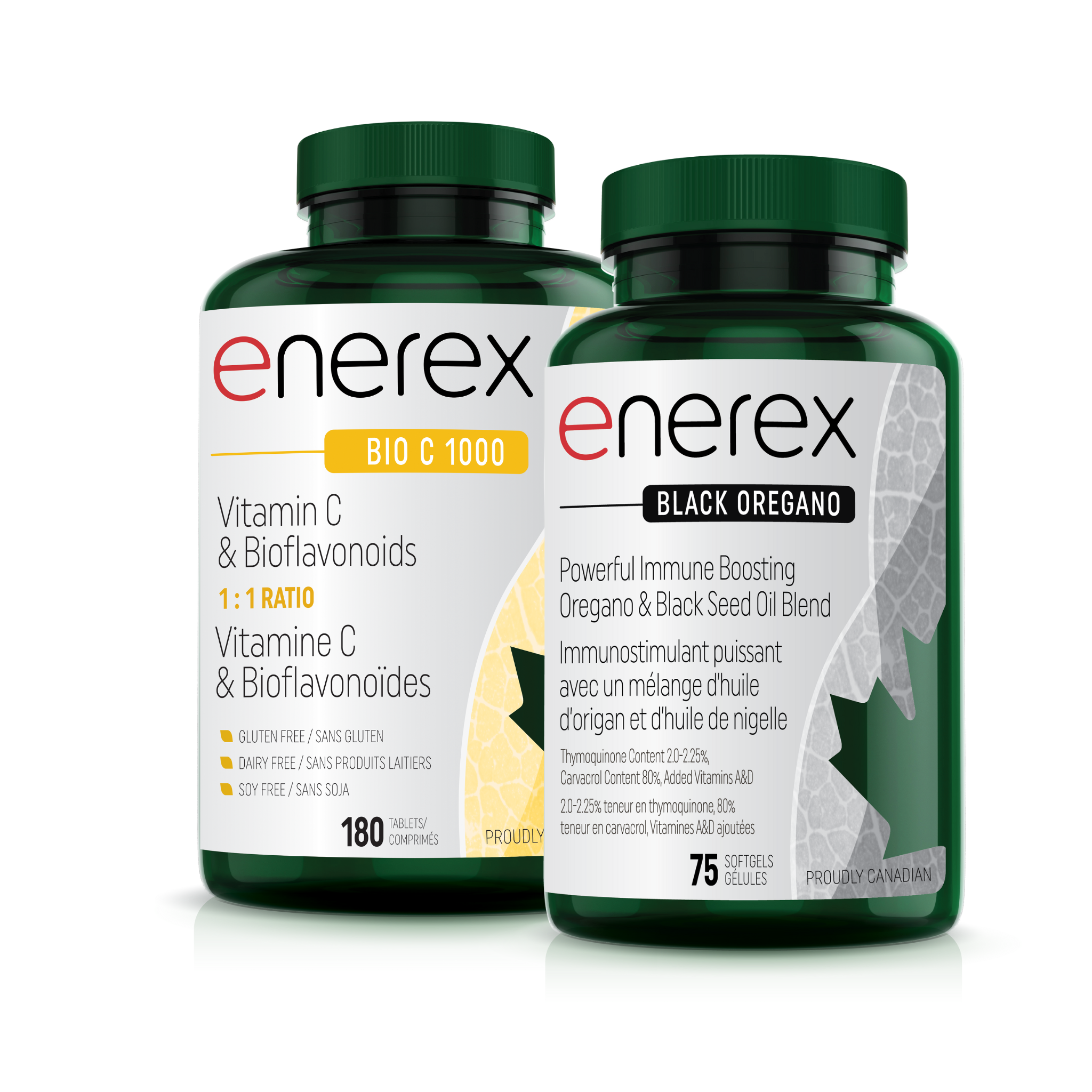
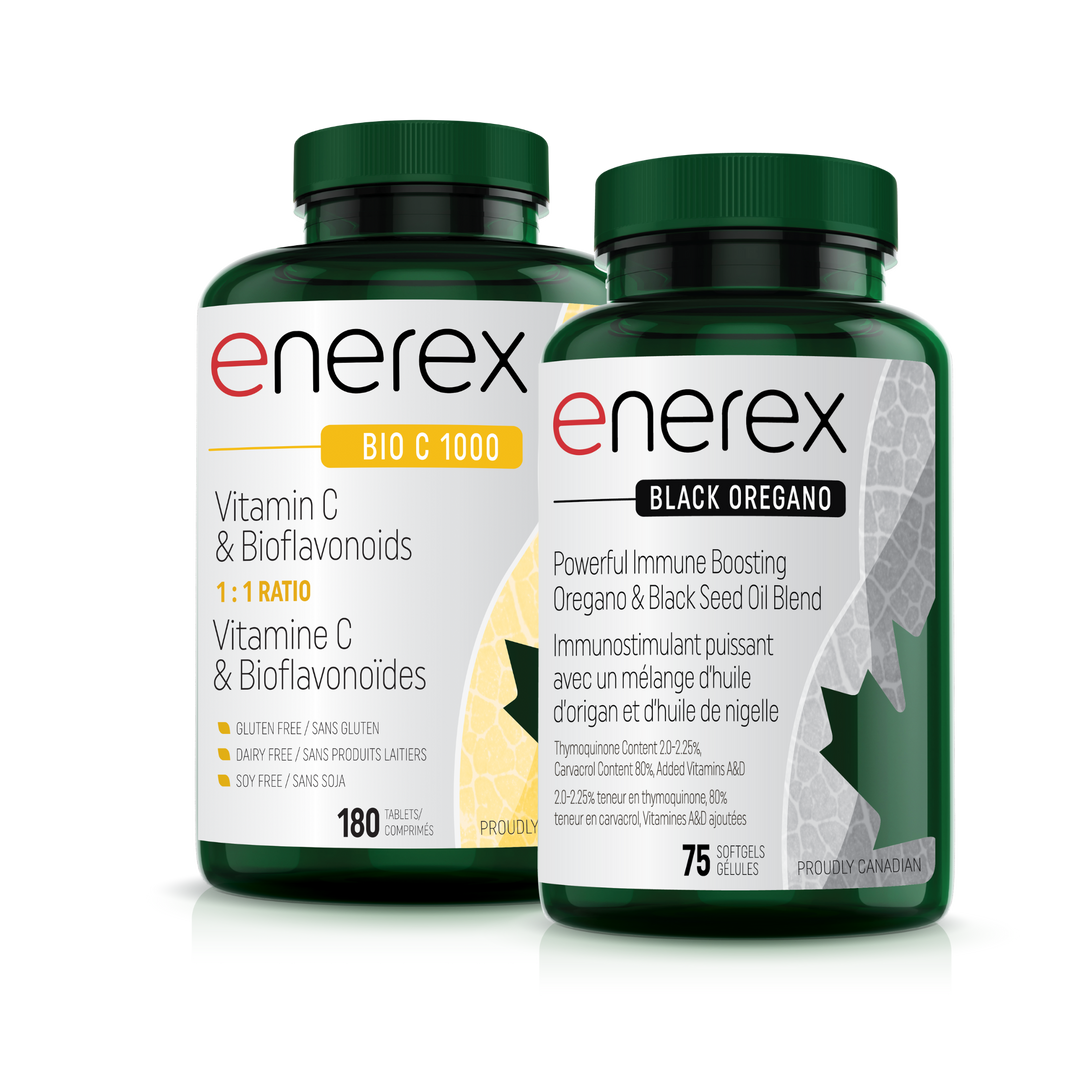
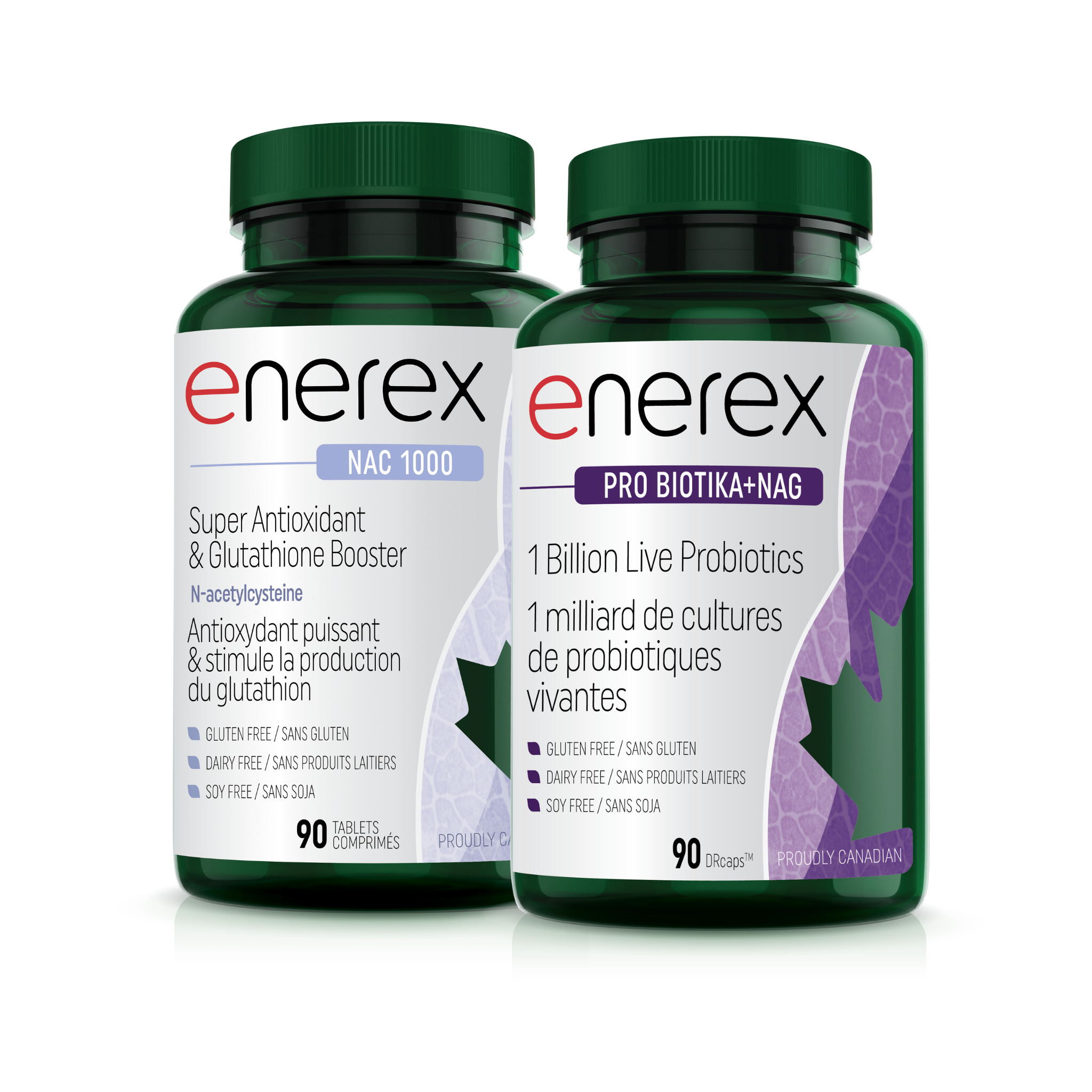
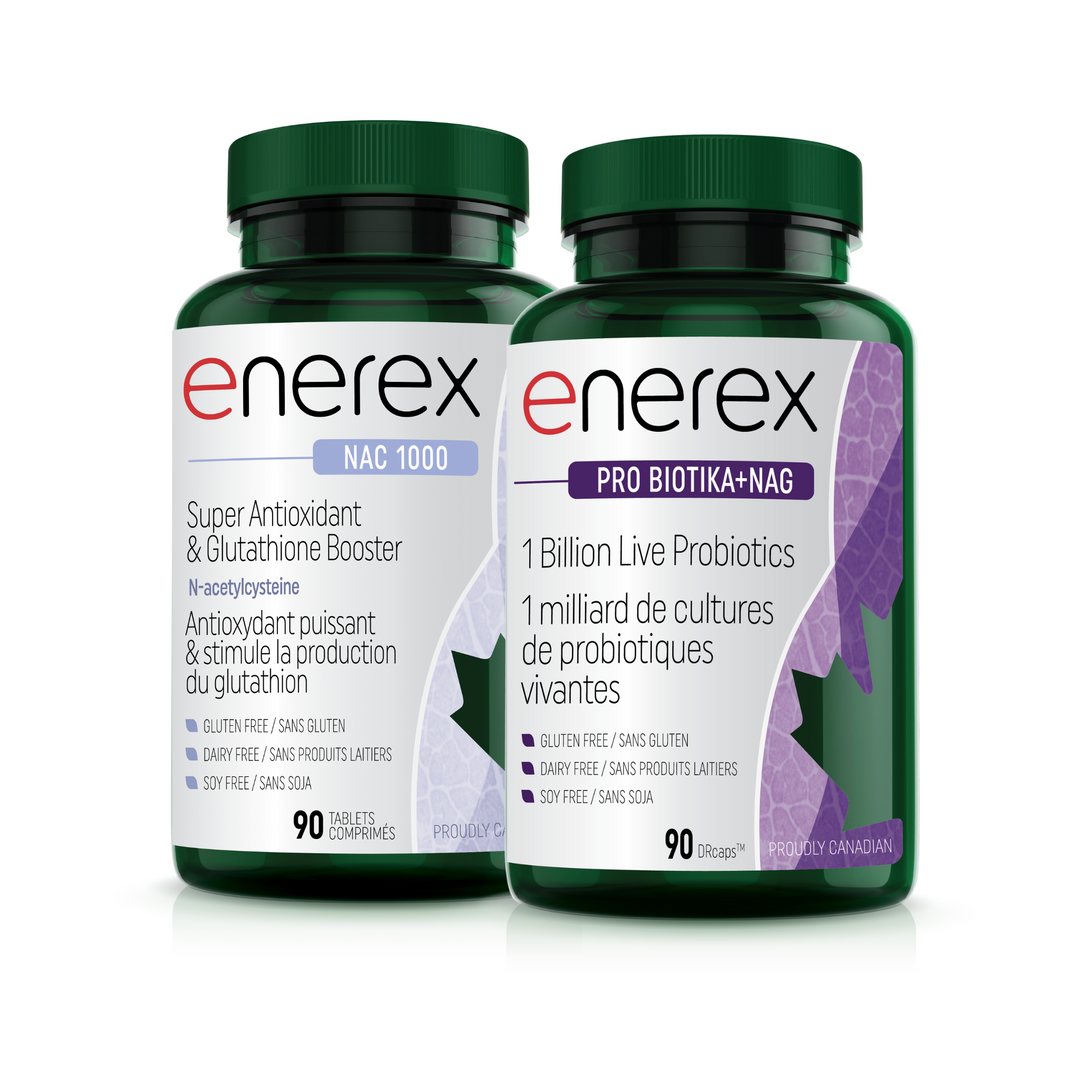
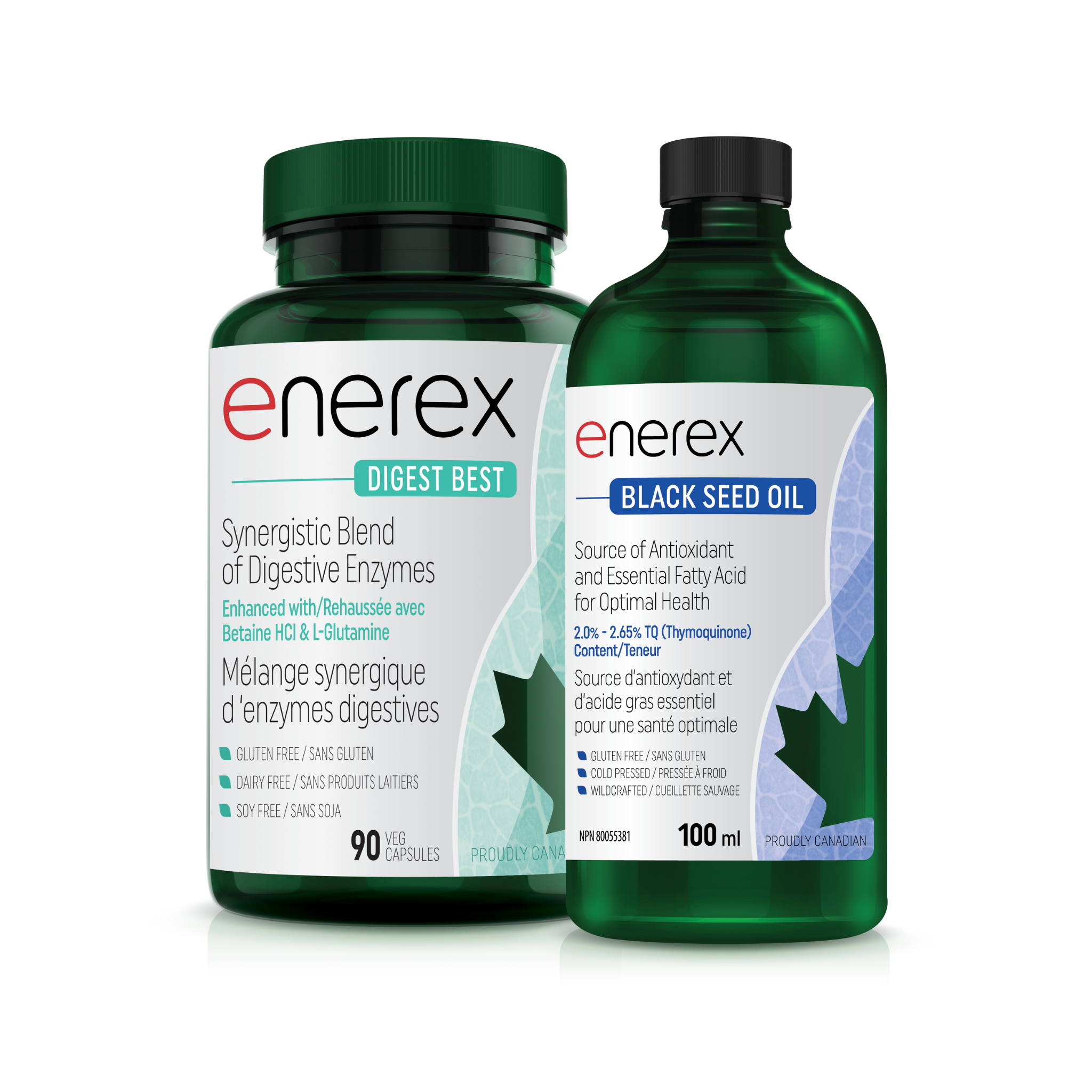

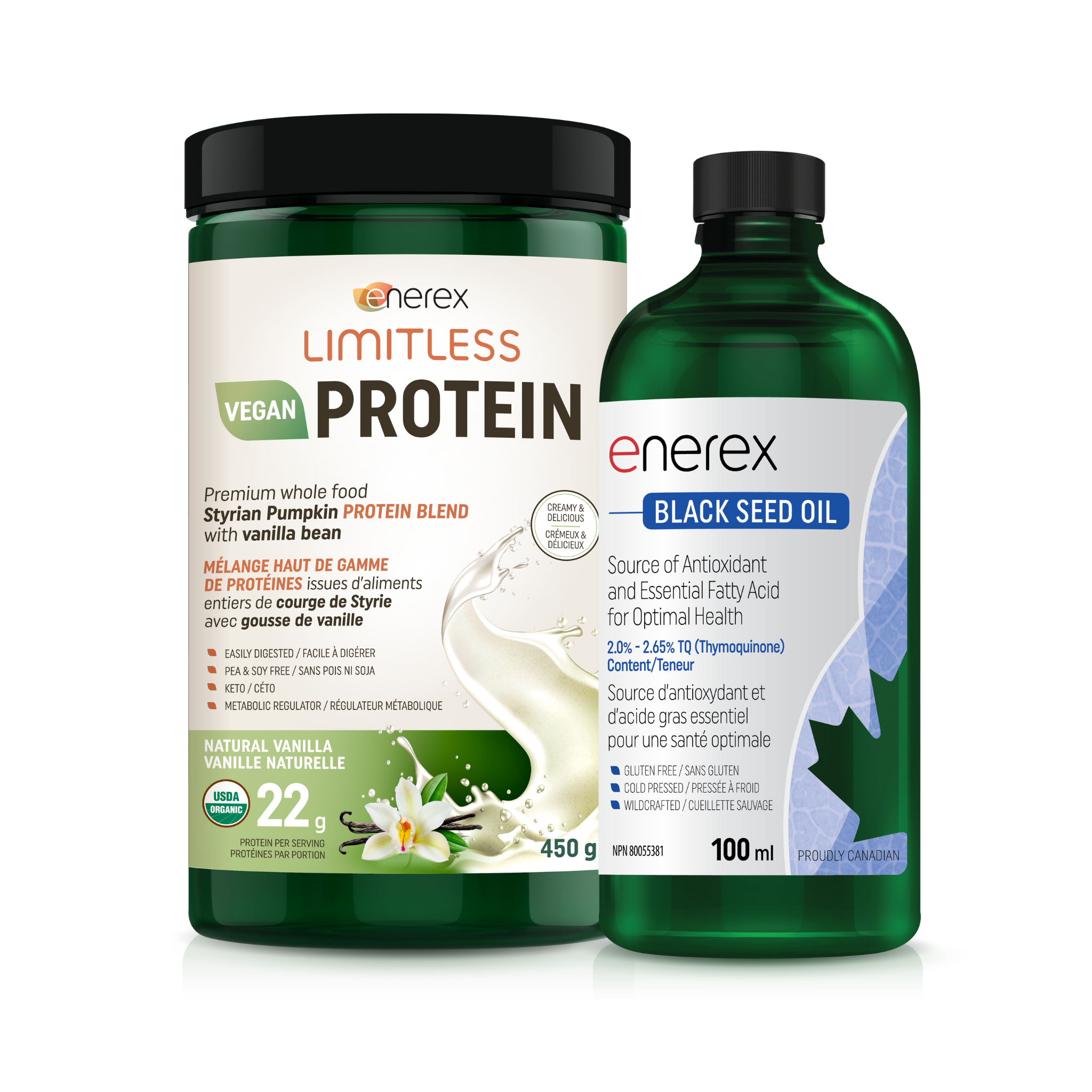
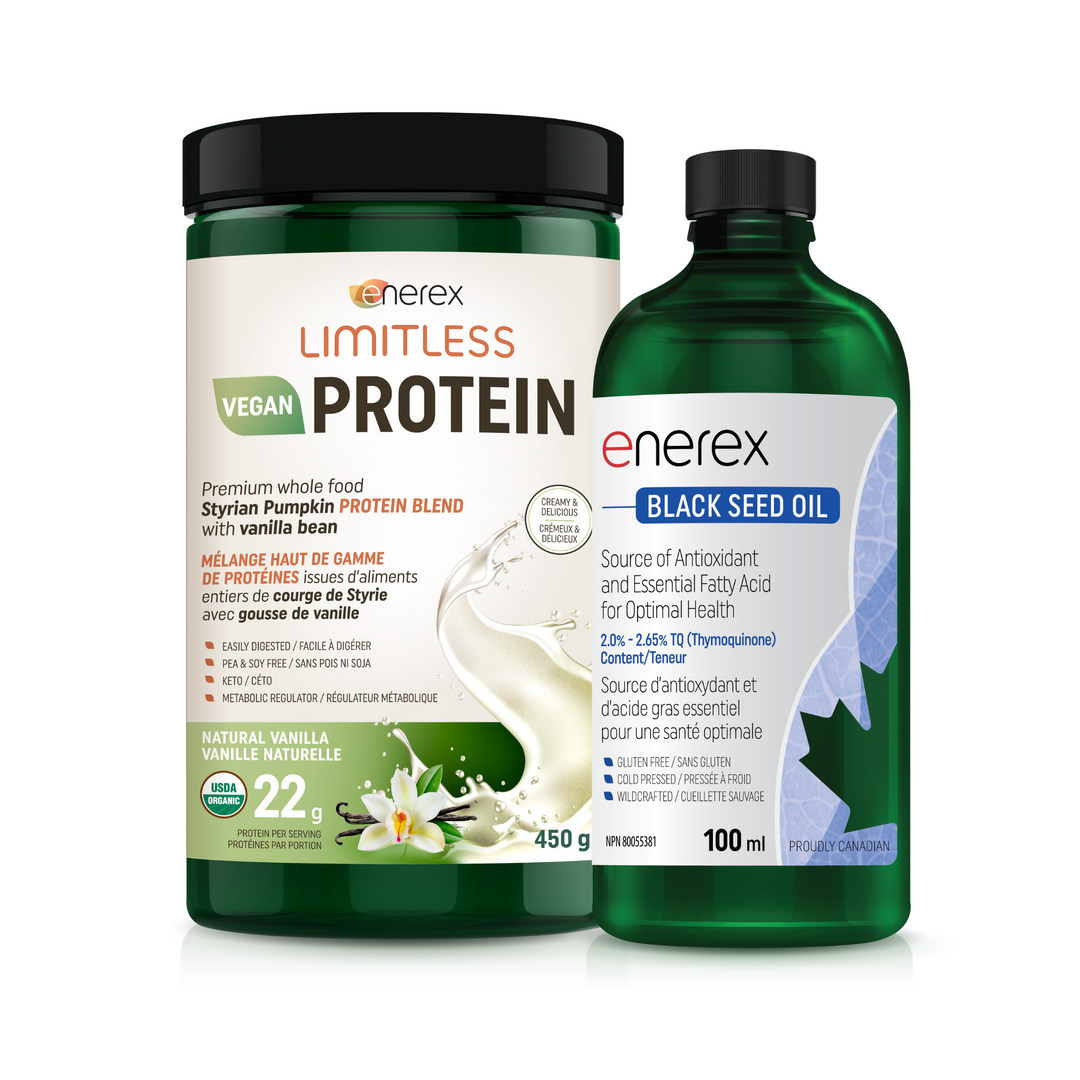
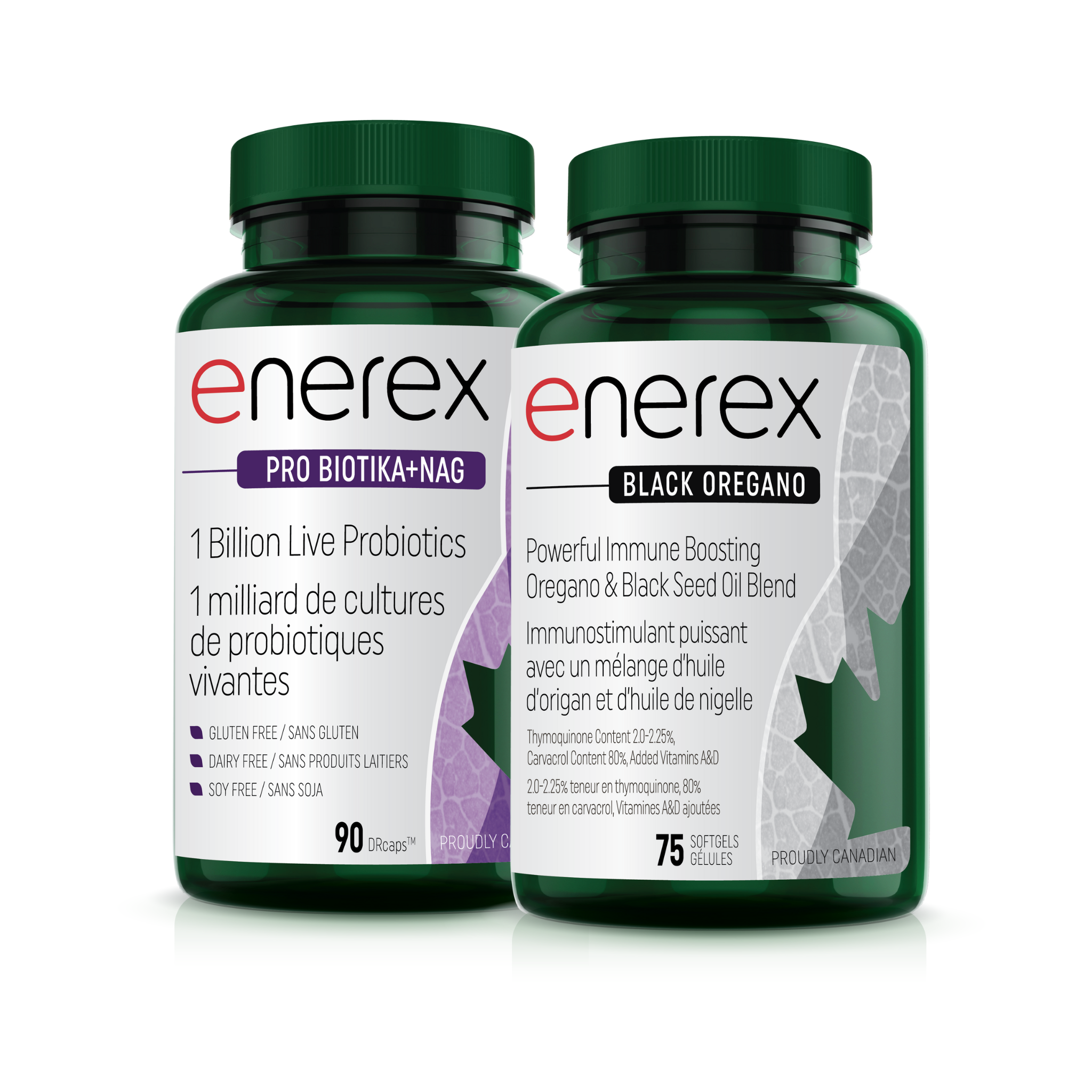
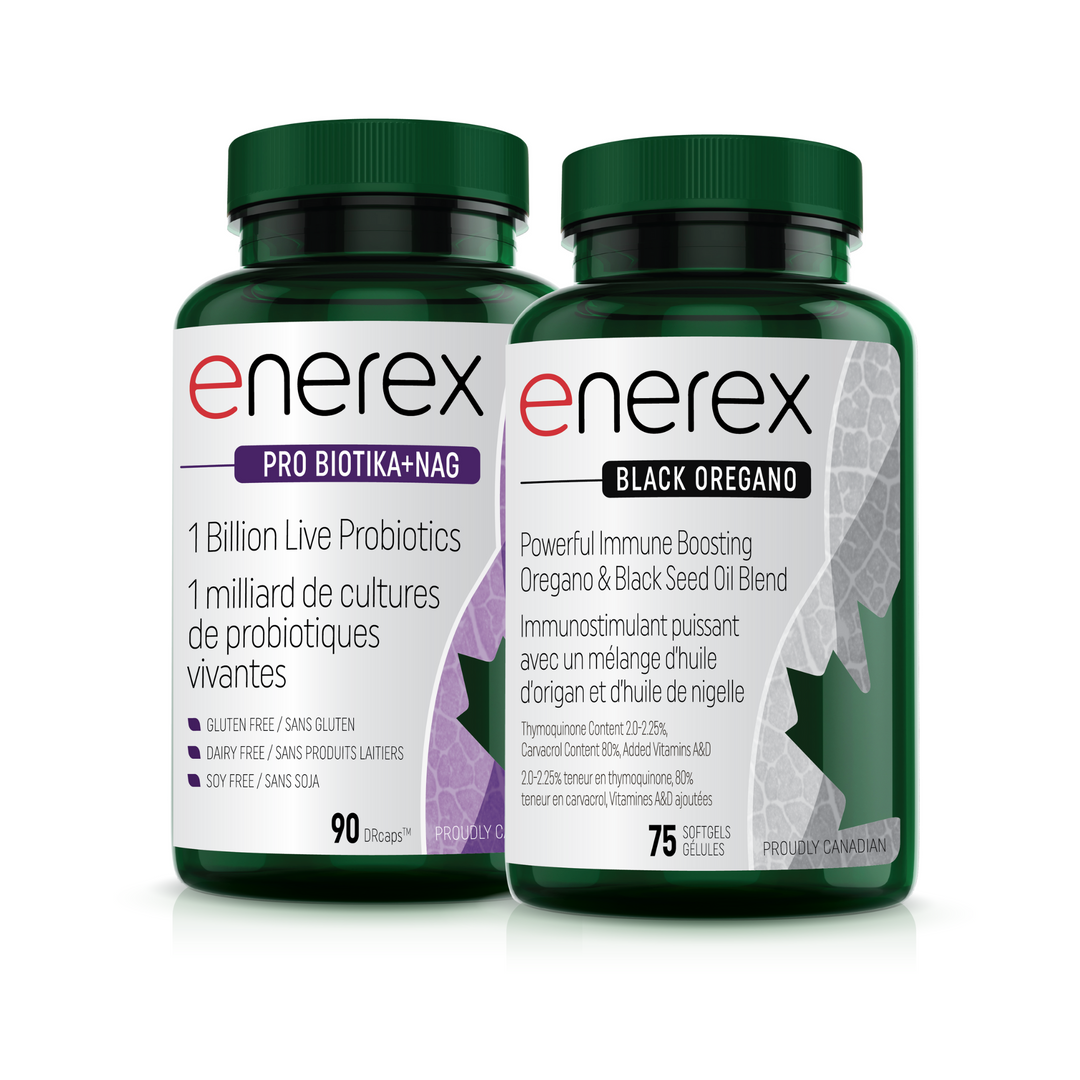
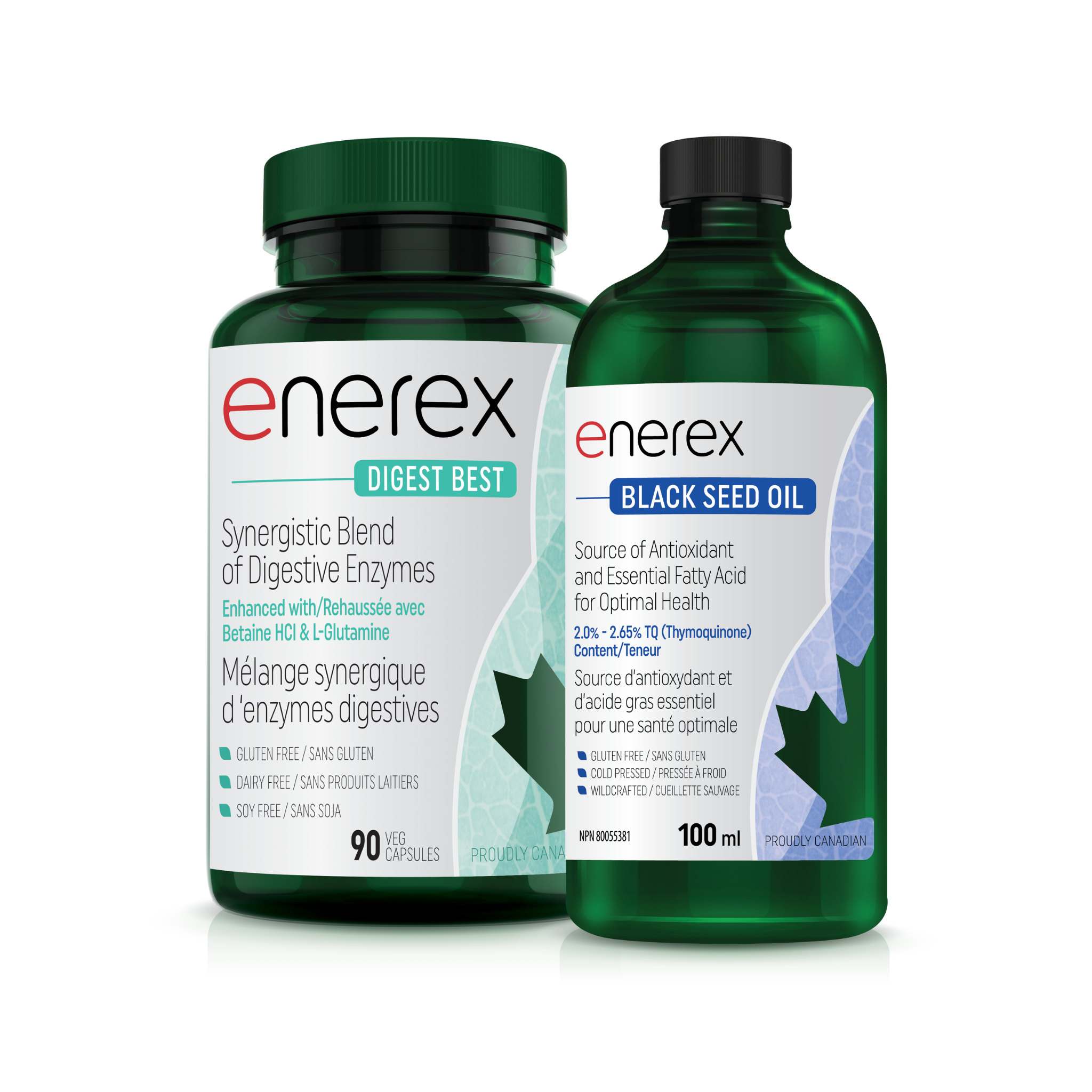



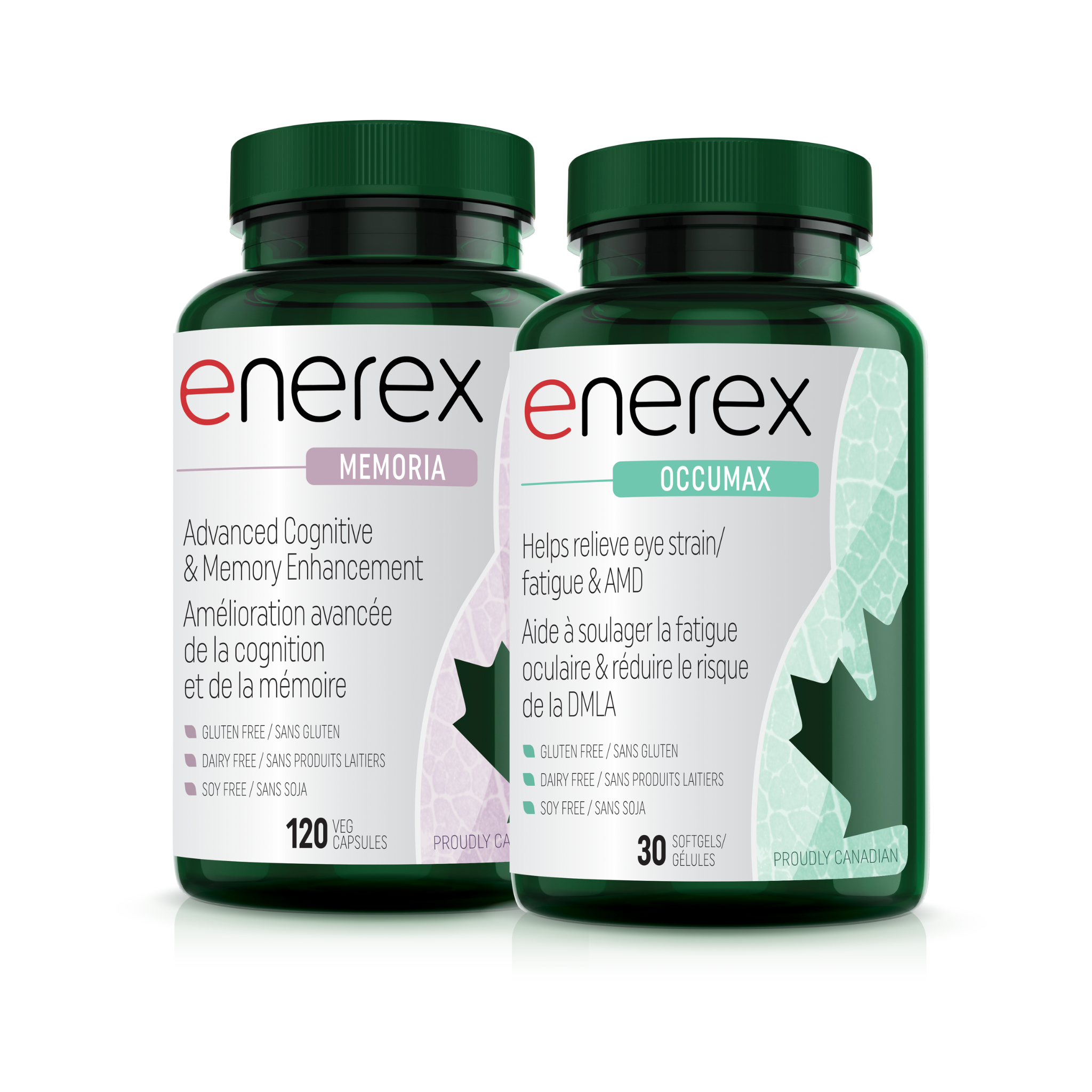
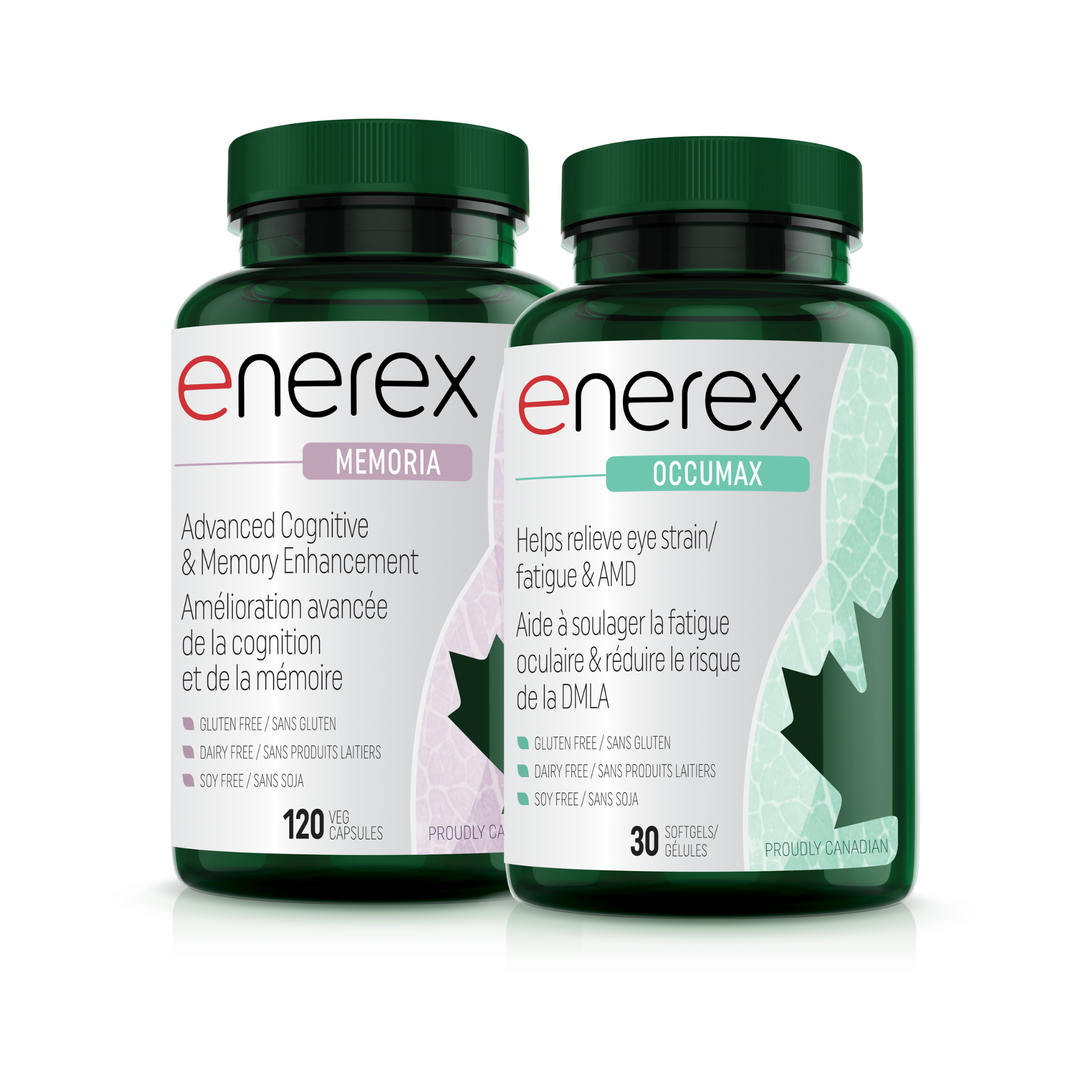
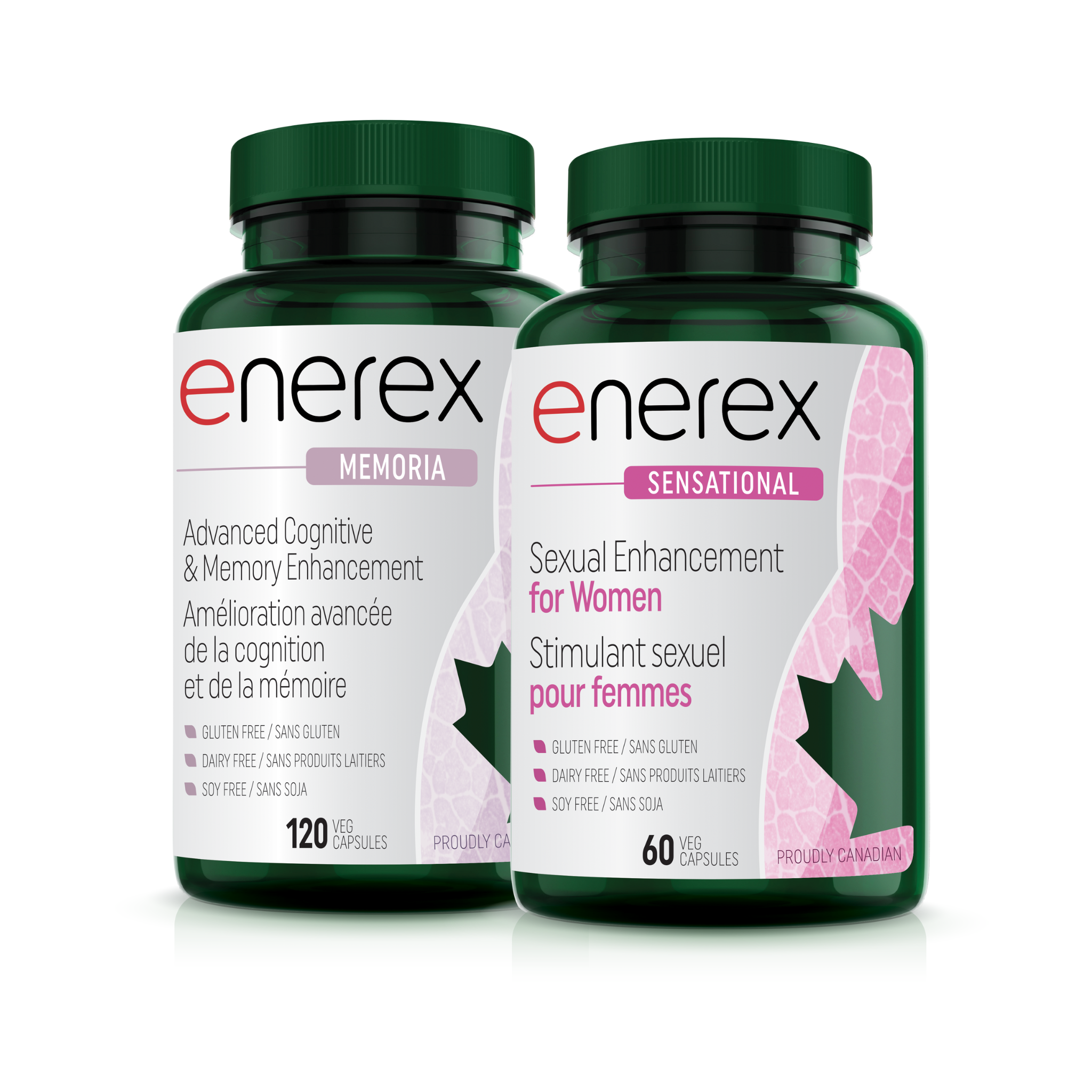
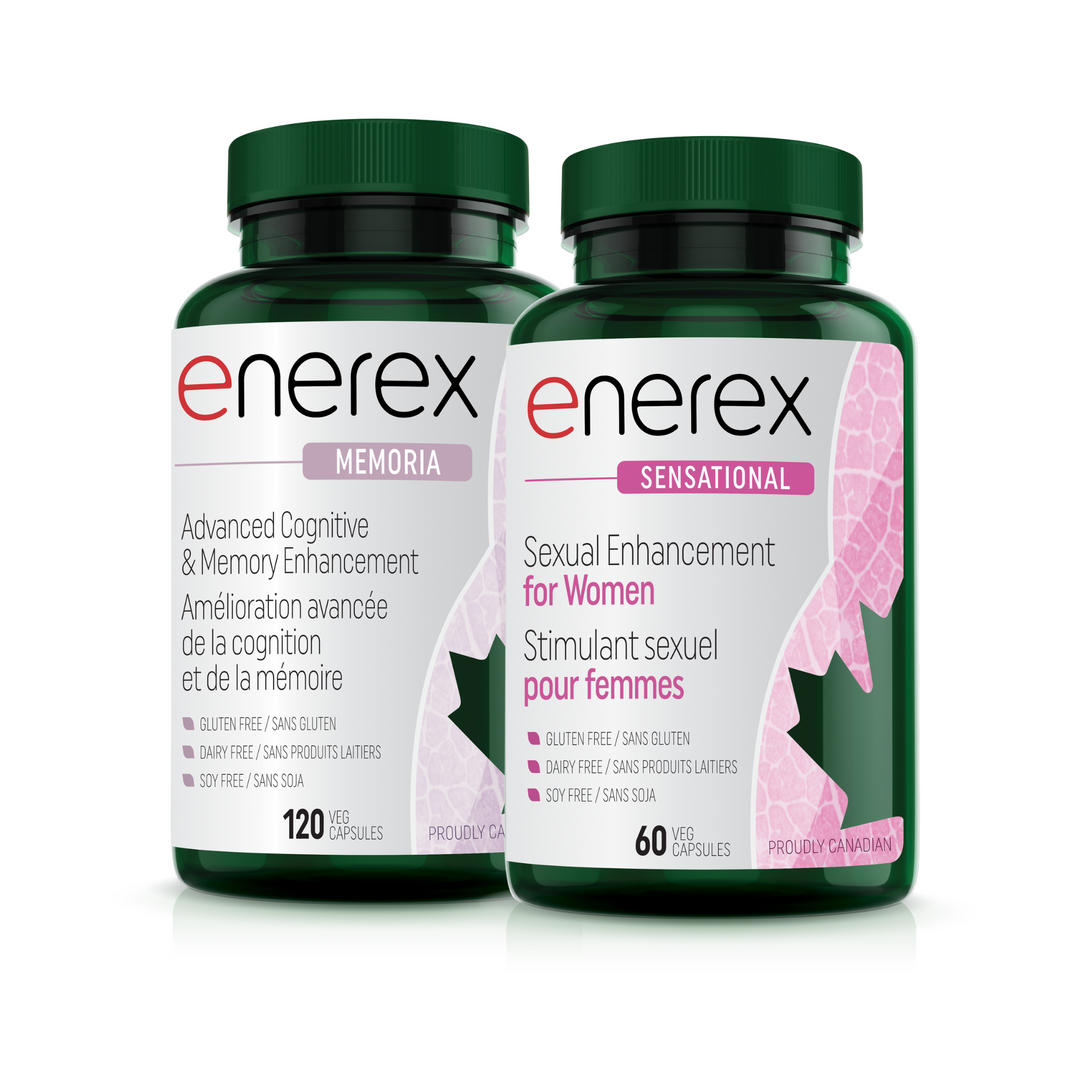
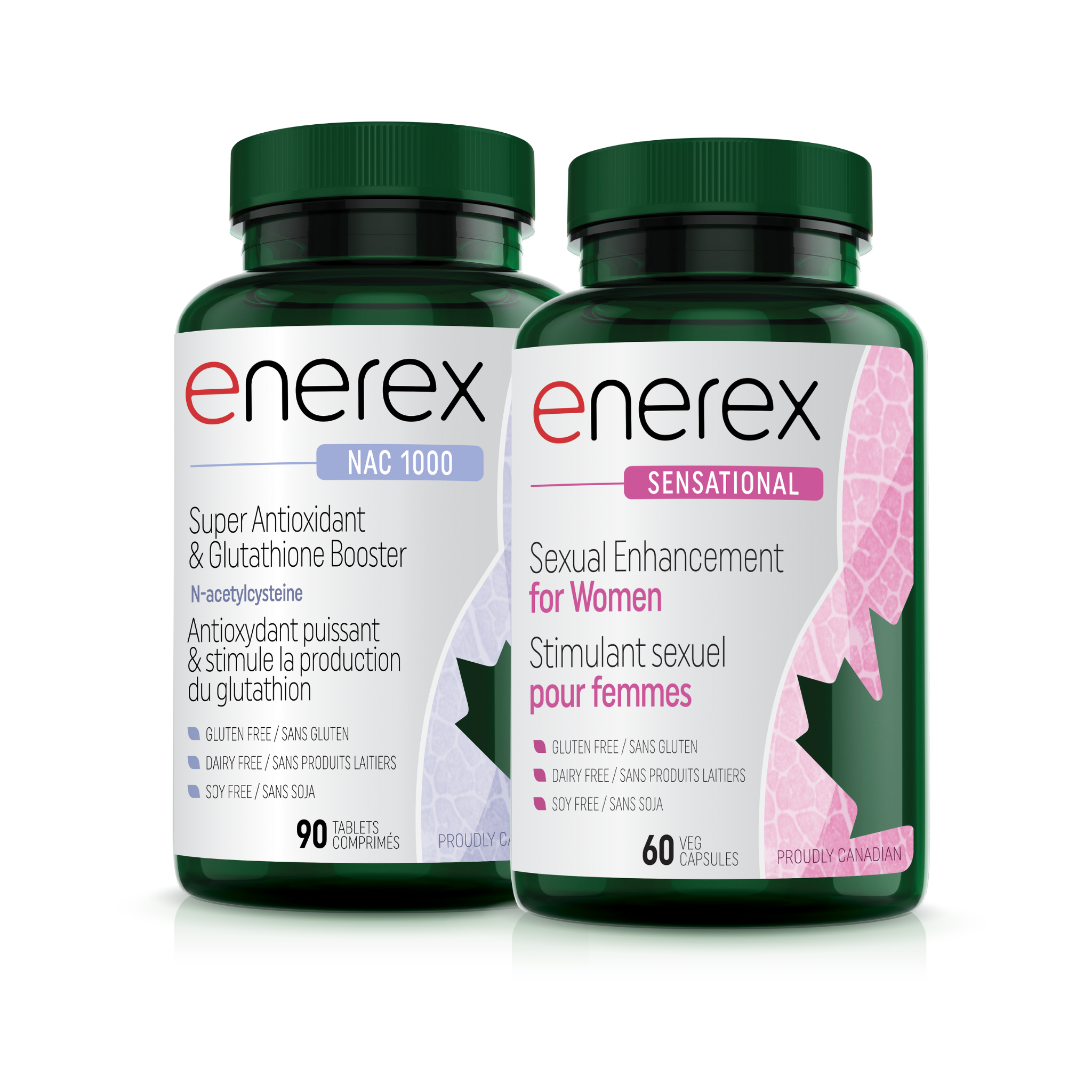
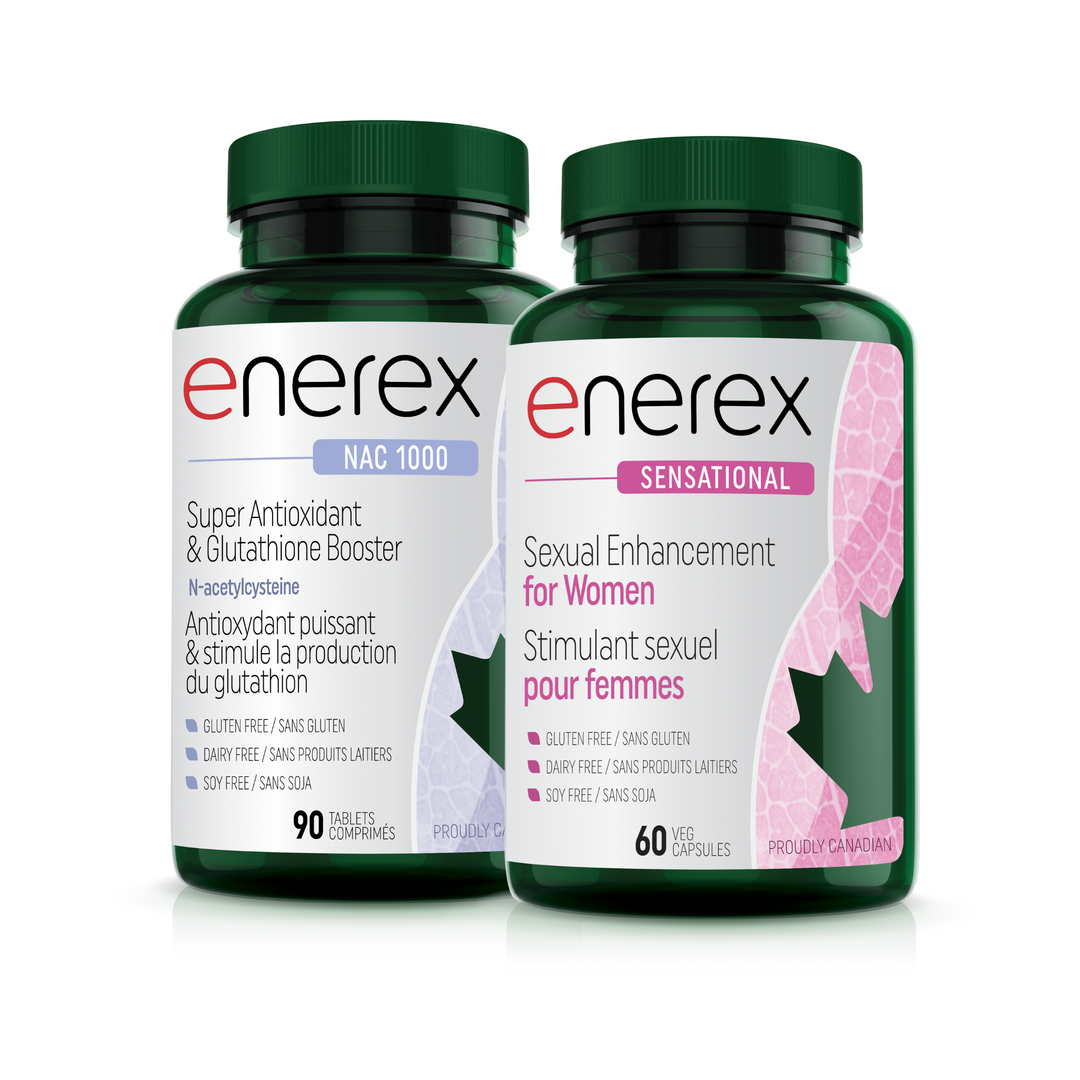
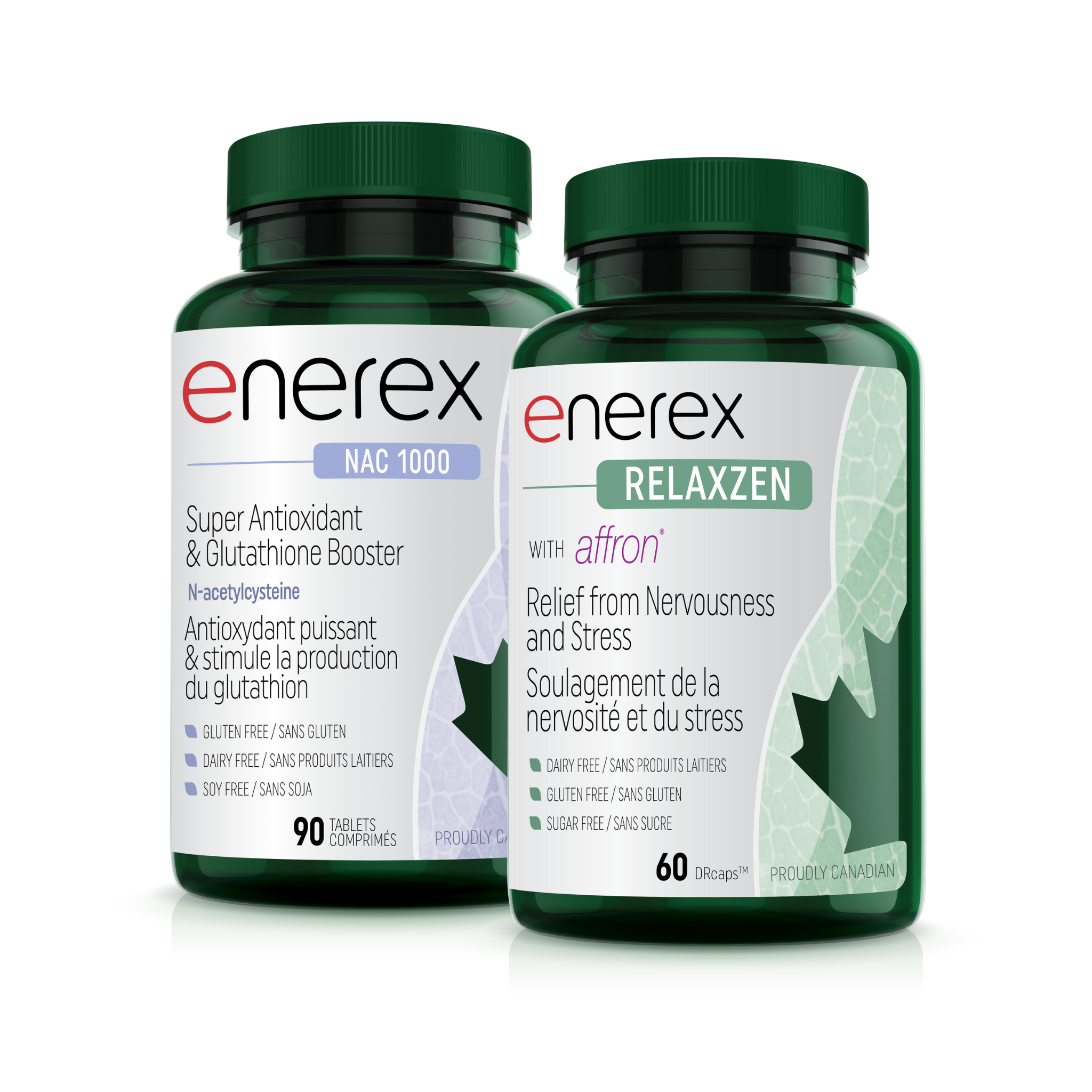
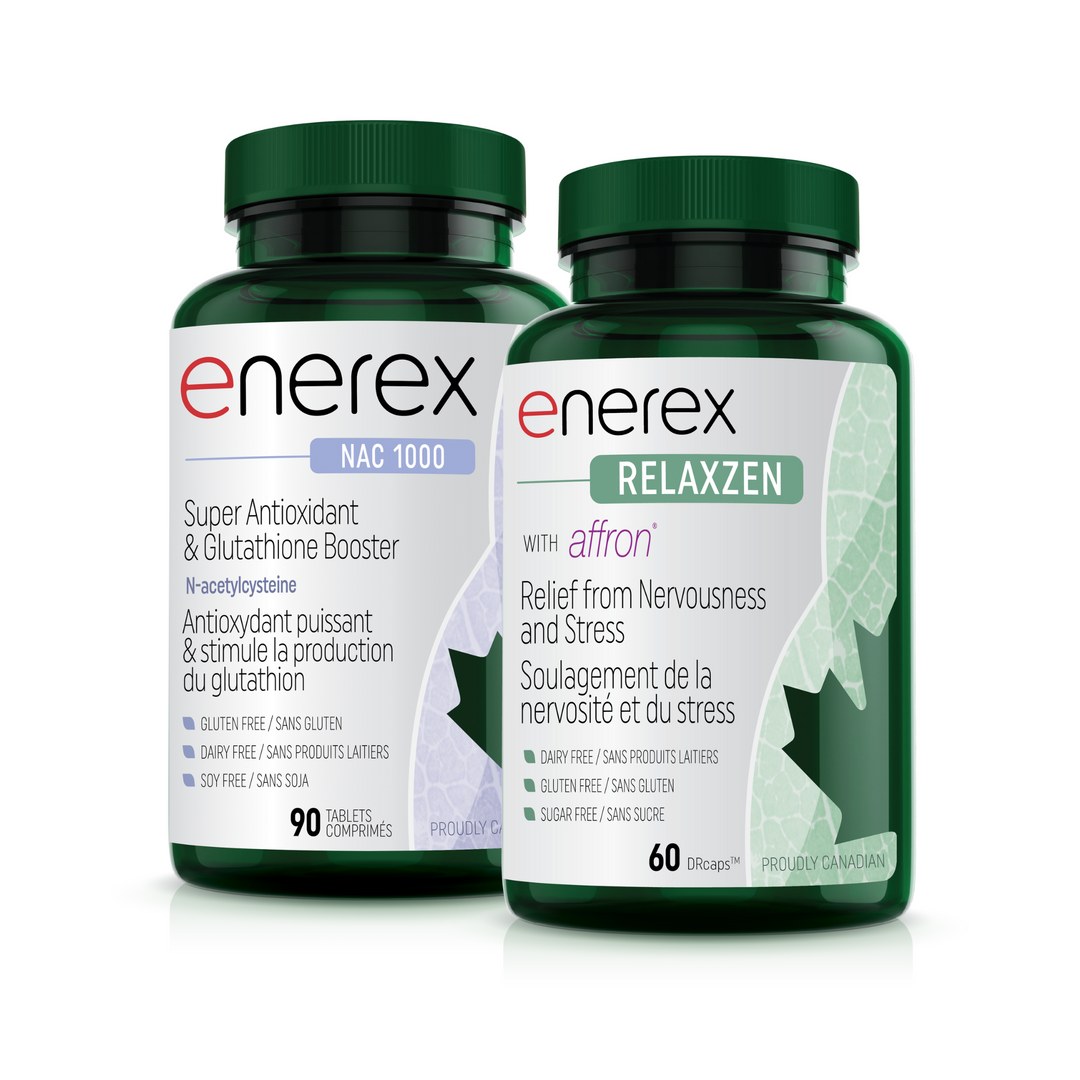
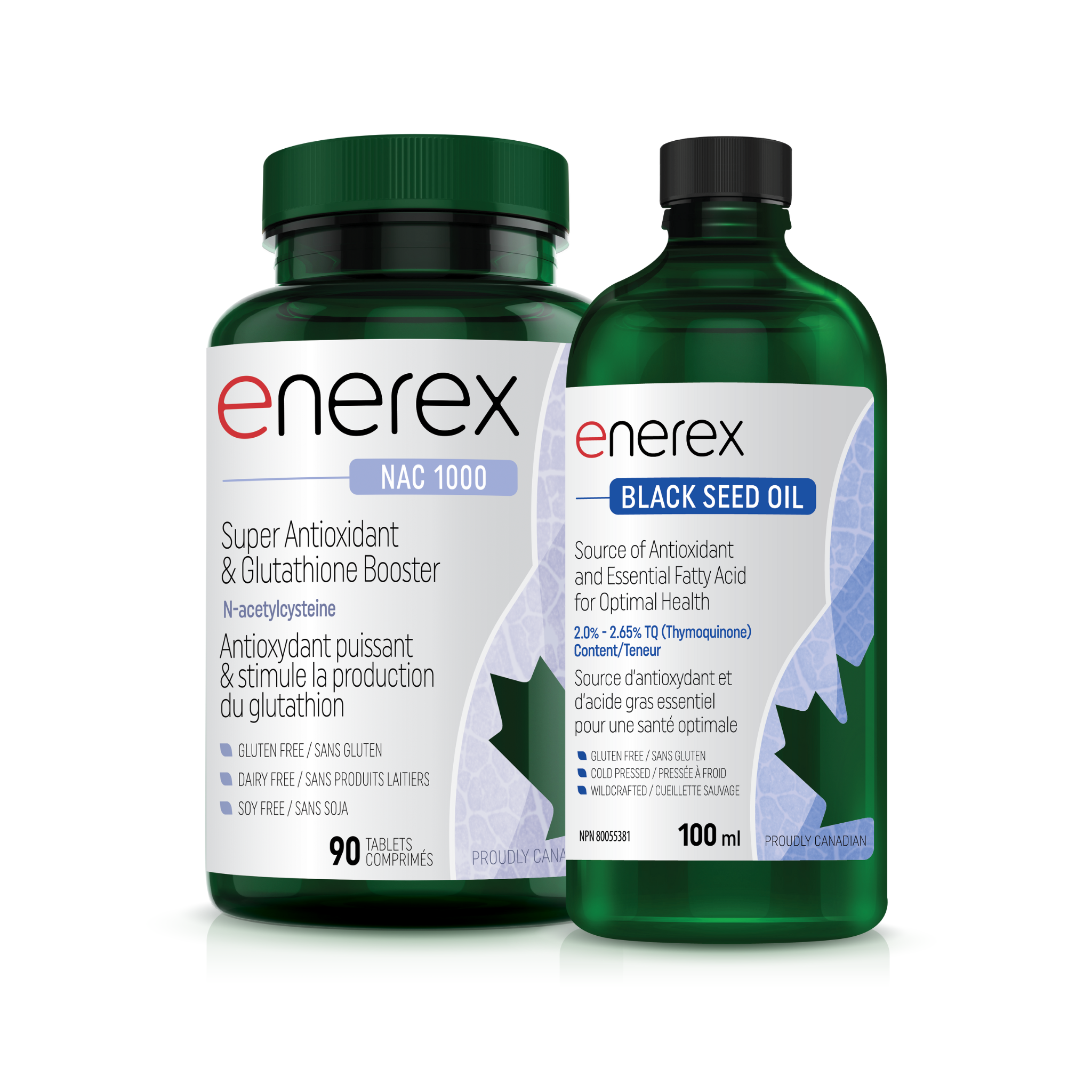
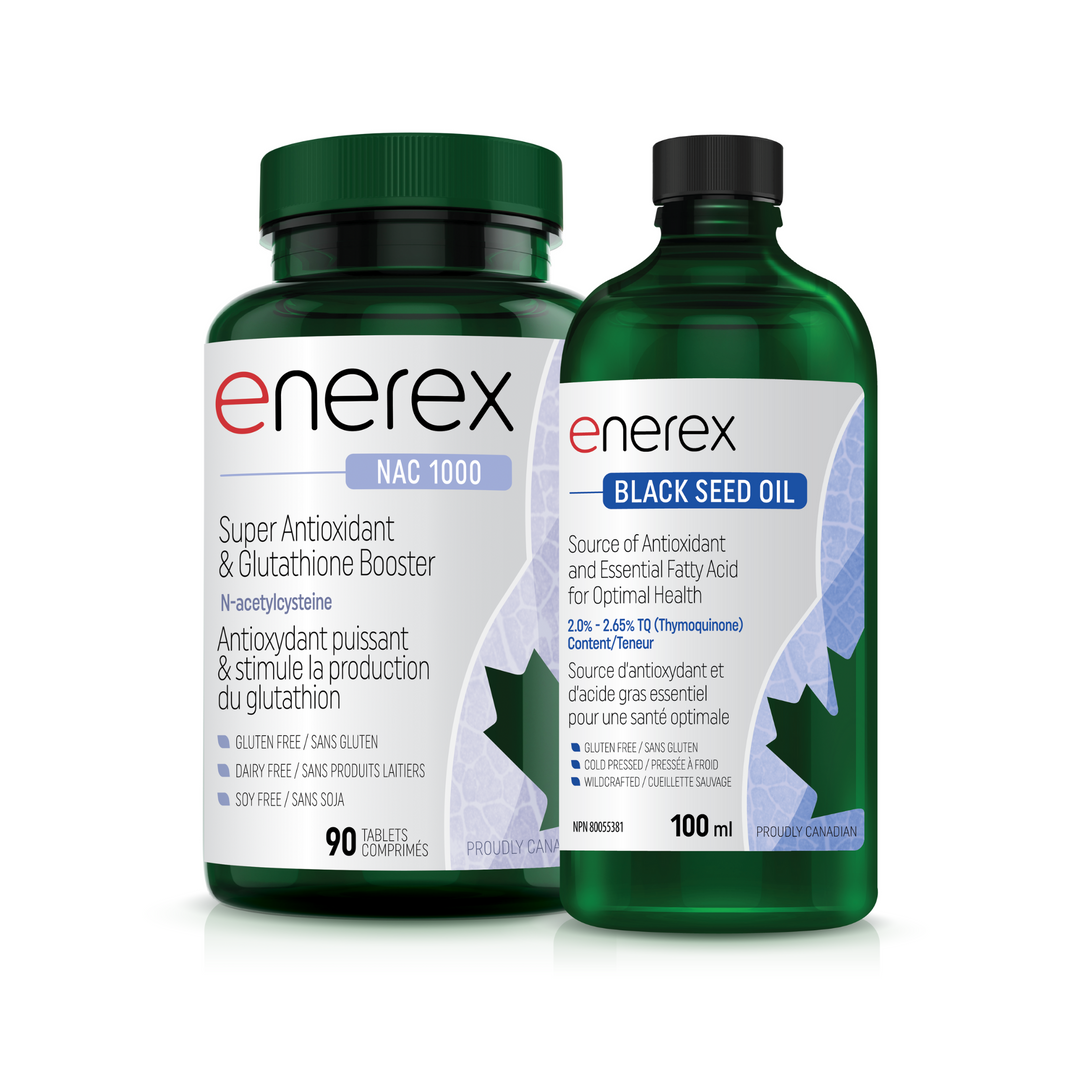
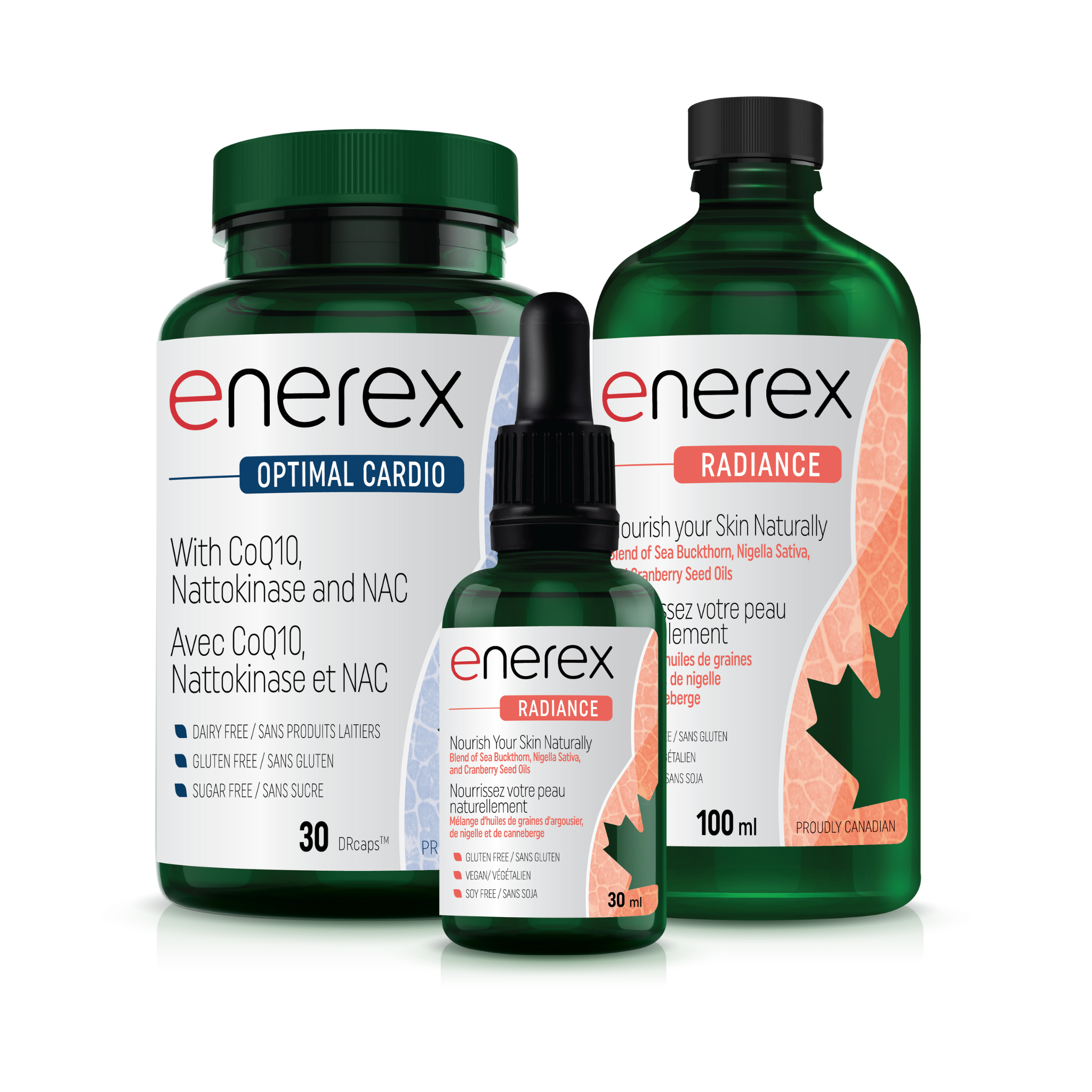
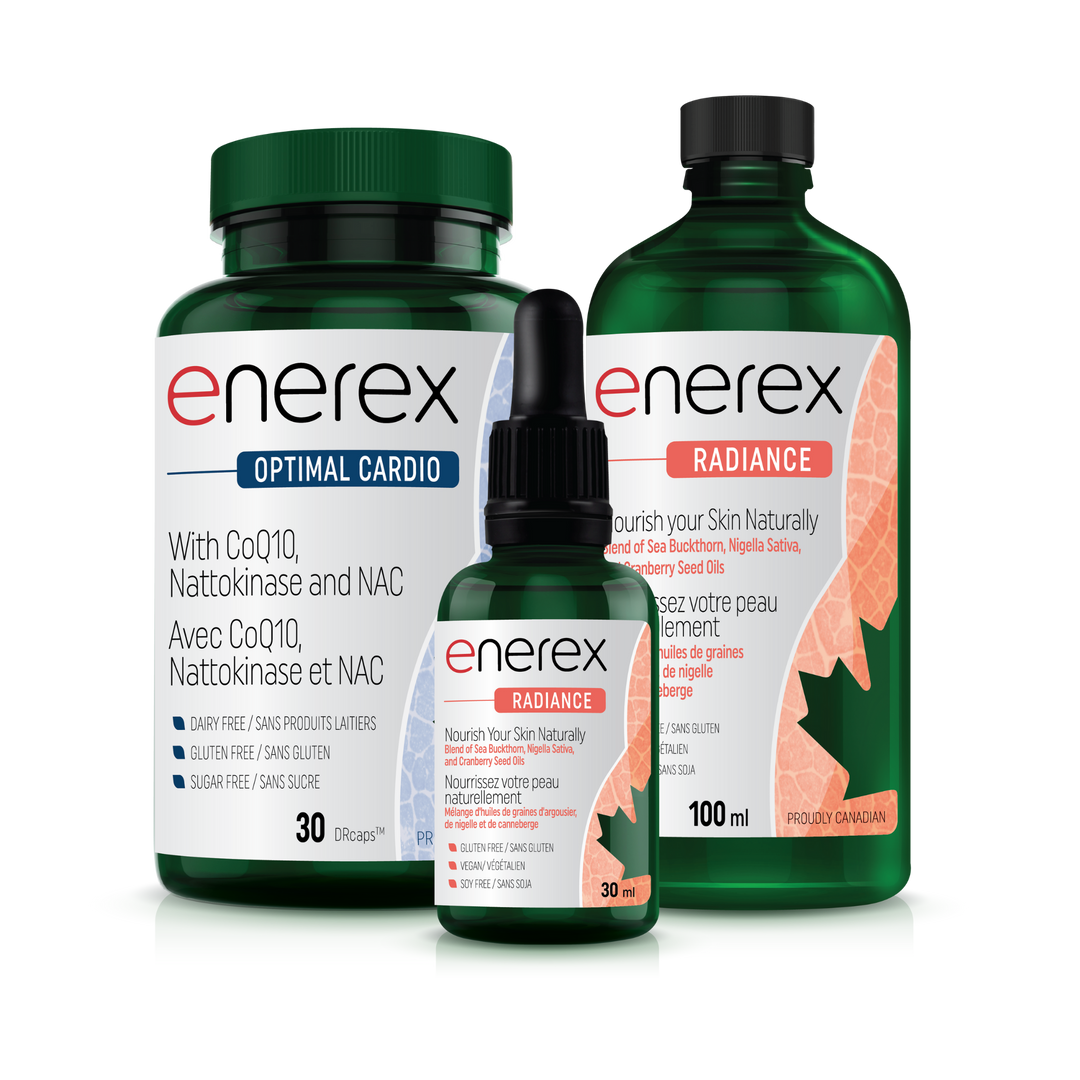


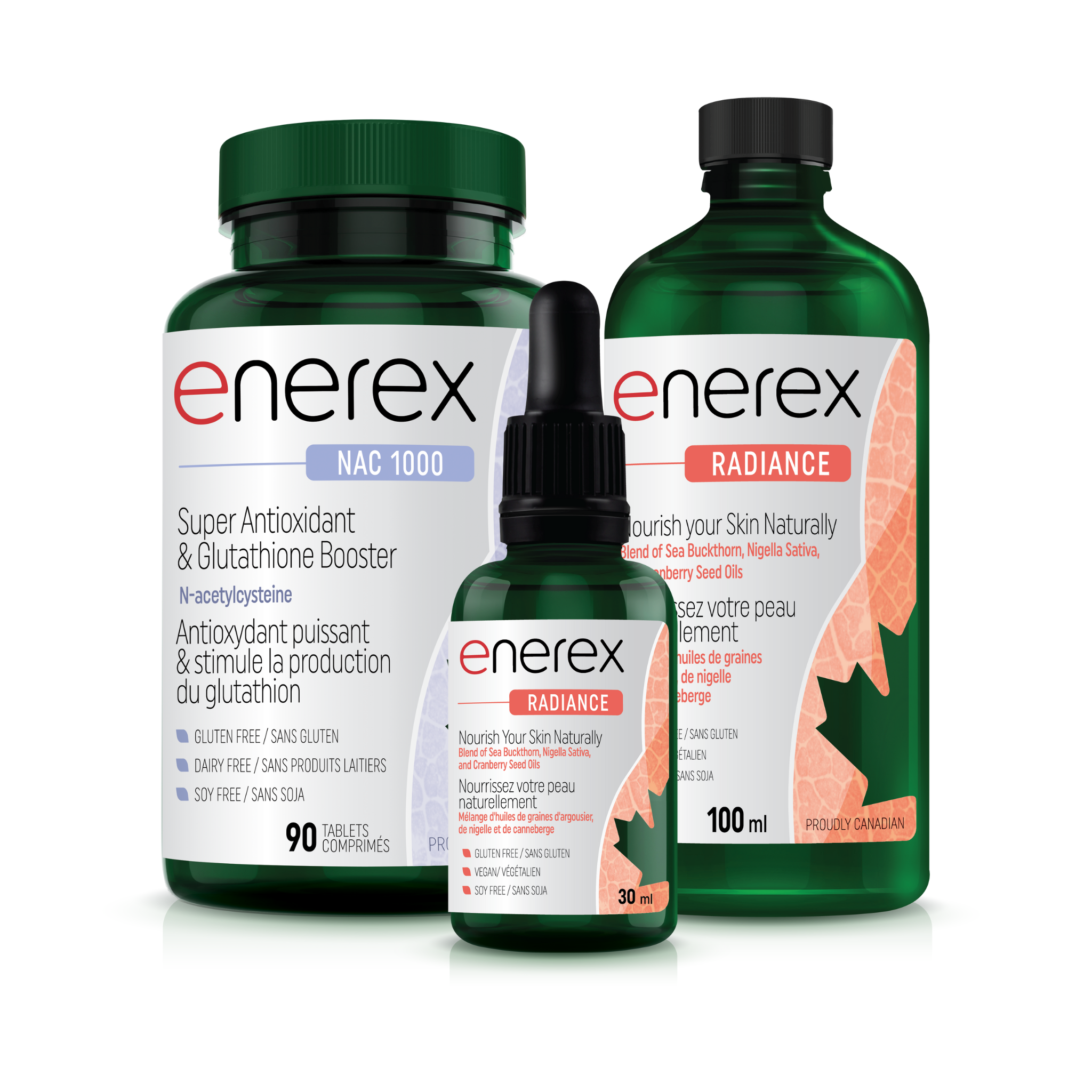
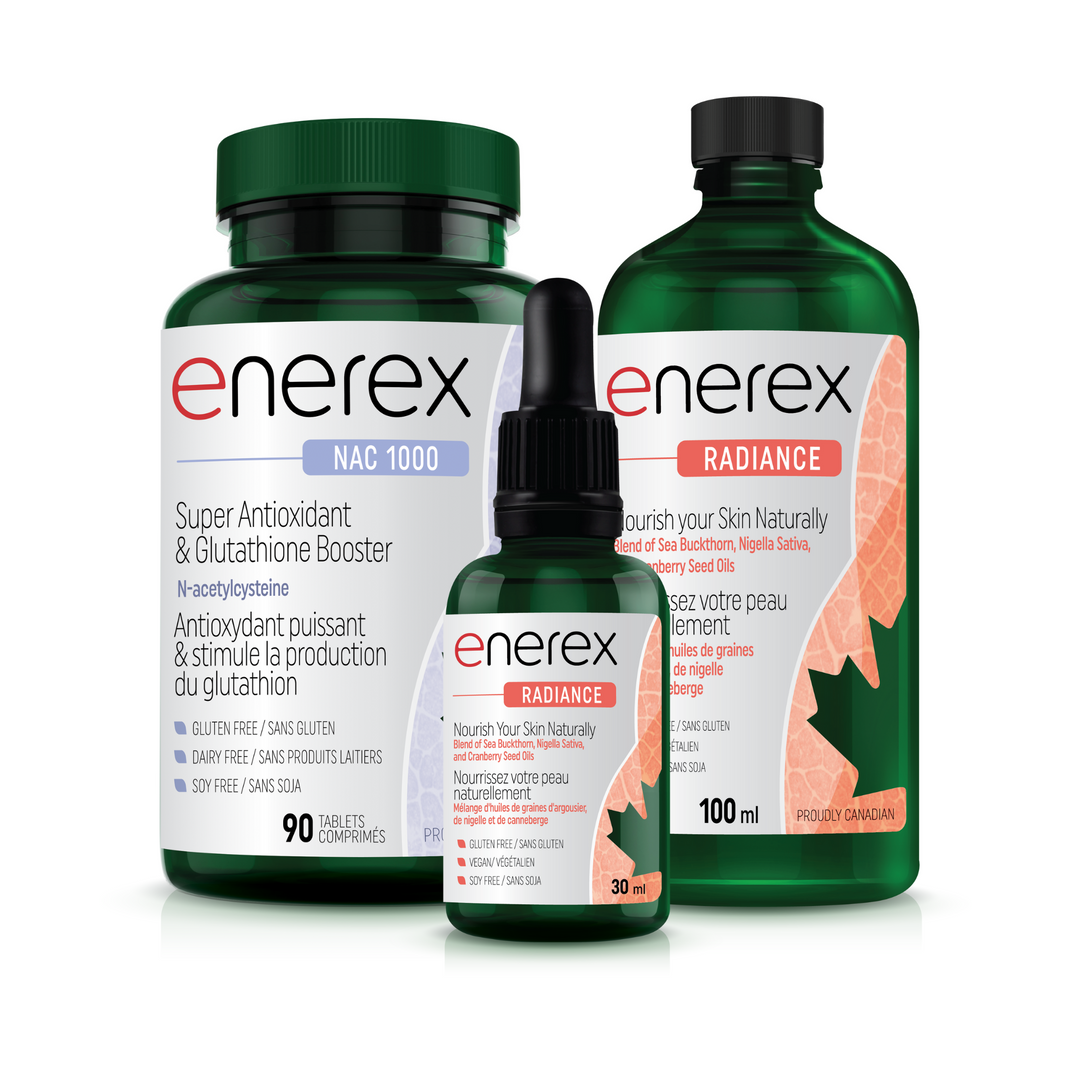
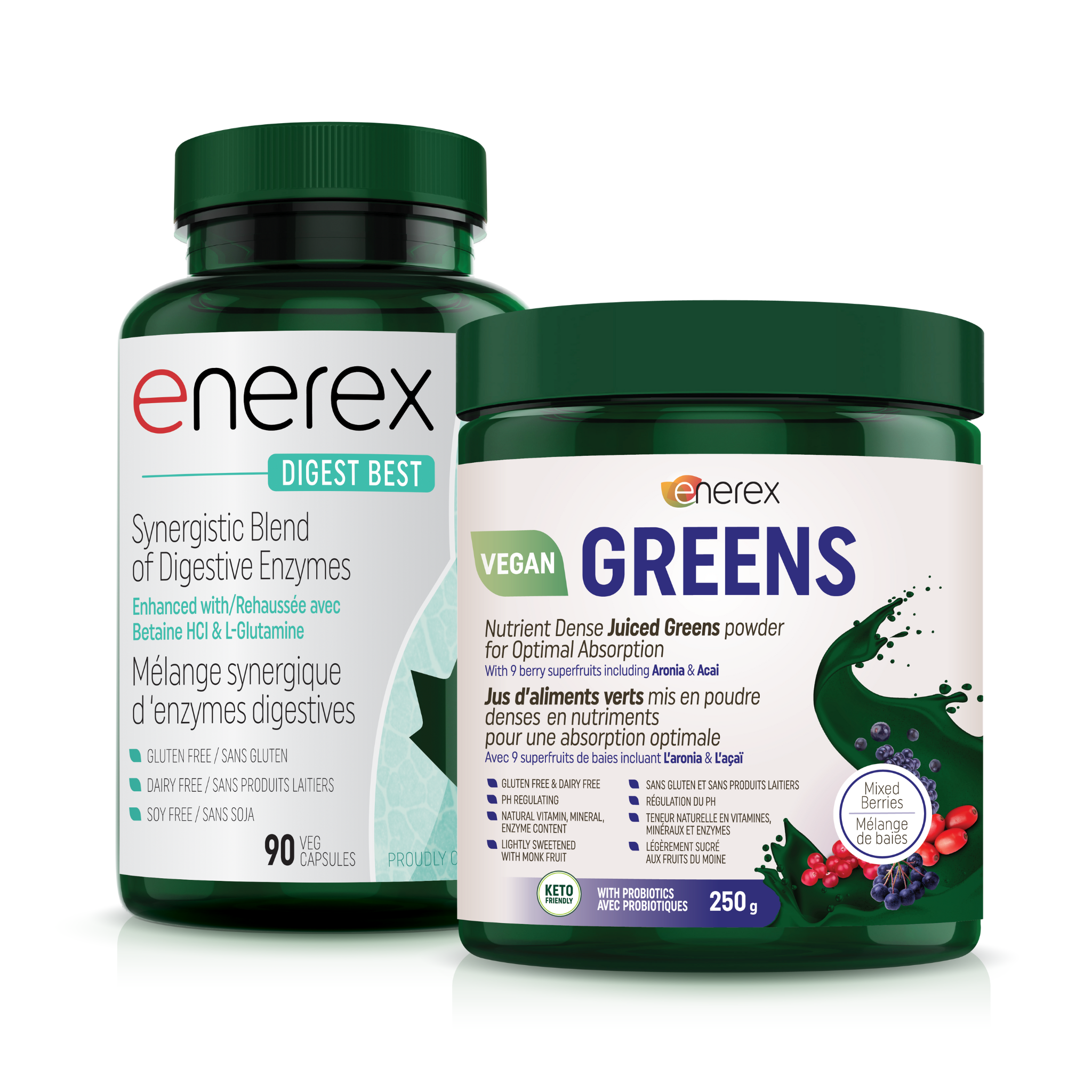
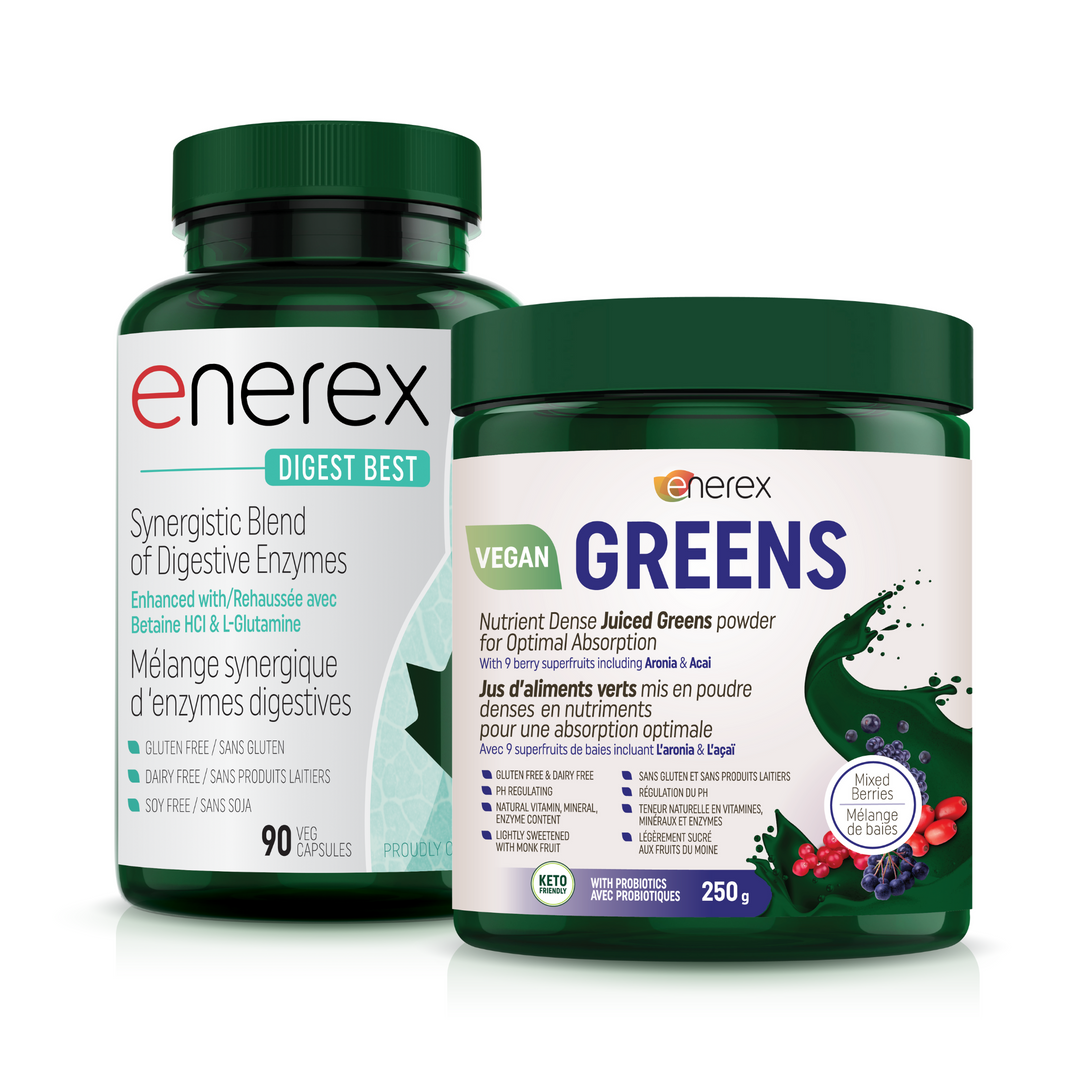
Leave a comment